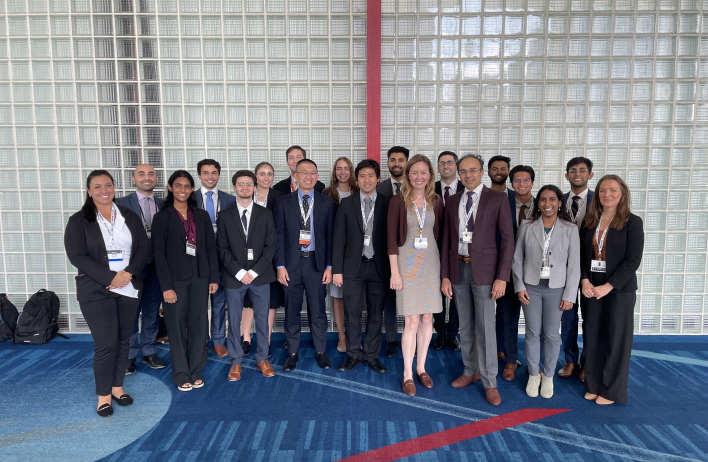
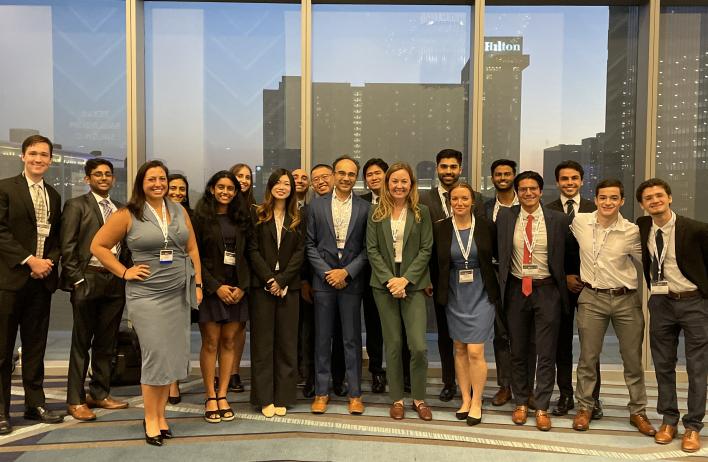
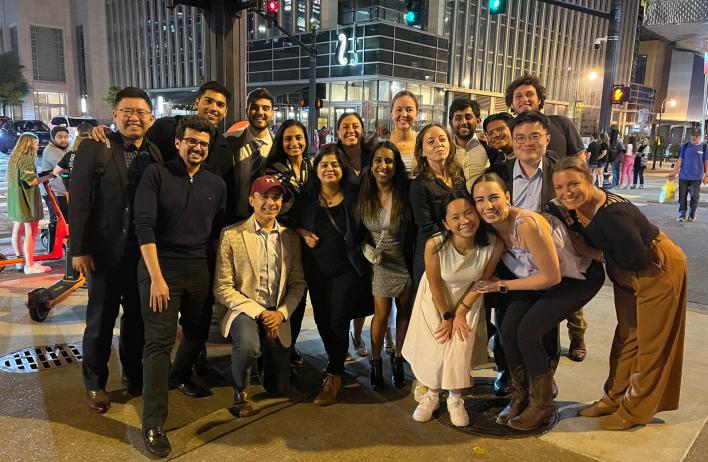
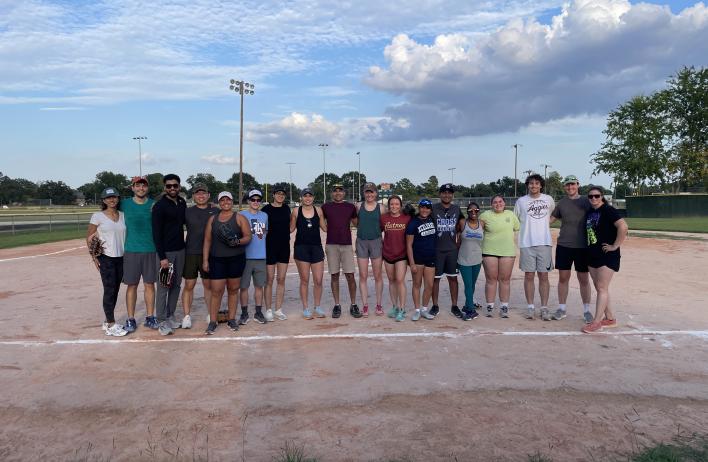
Current Members

Sameer Anil Sheth, M.D., Ph.D.
Director, Functional and Cognitive Neurophysiology Lab
Epilepsy Surgery, Movement Disorders, Psychiatric Neurosurgery
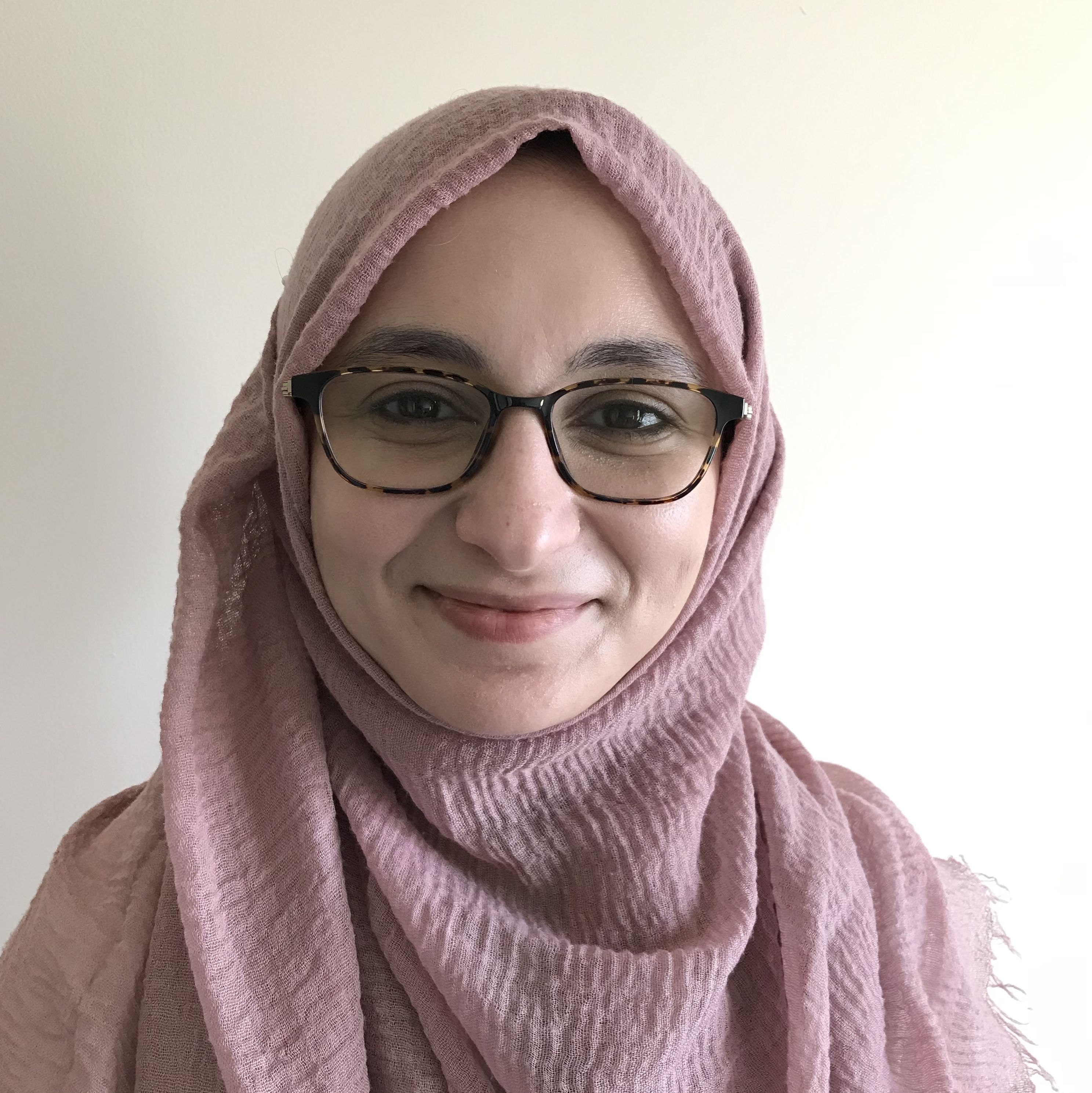
Habiba Azab
Postdoctoral Associate
I am interested in the neural circuits implementing some of the very cognitive processes that make us human: abstract reasoning, flexible behavior, and complex decision-making. My work investigates how individual neurons represent information that facilitates these processes, and how these neurons combine into circuits implementing complex, dynamic, and flexible computations. This work began during my Ph.D. in the Hayden lab at the University of Minnesota, where my work was focused on the mechanisms underlying value-based decisions. With my background in computer science, I hope to expand my work to explore circuit models that would lend us further insight into the implementation of these processes.
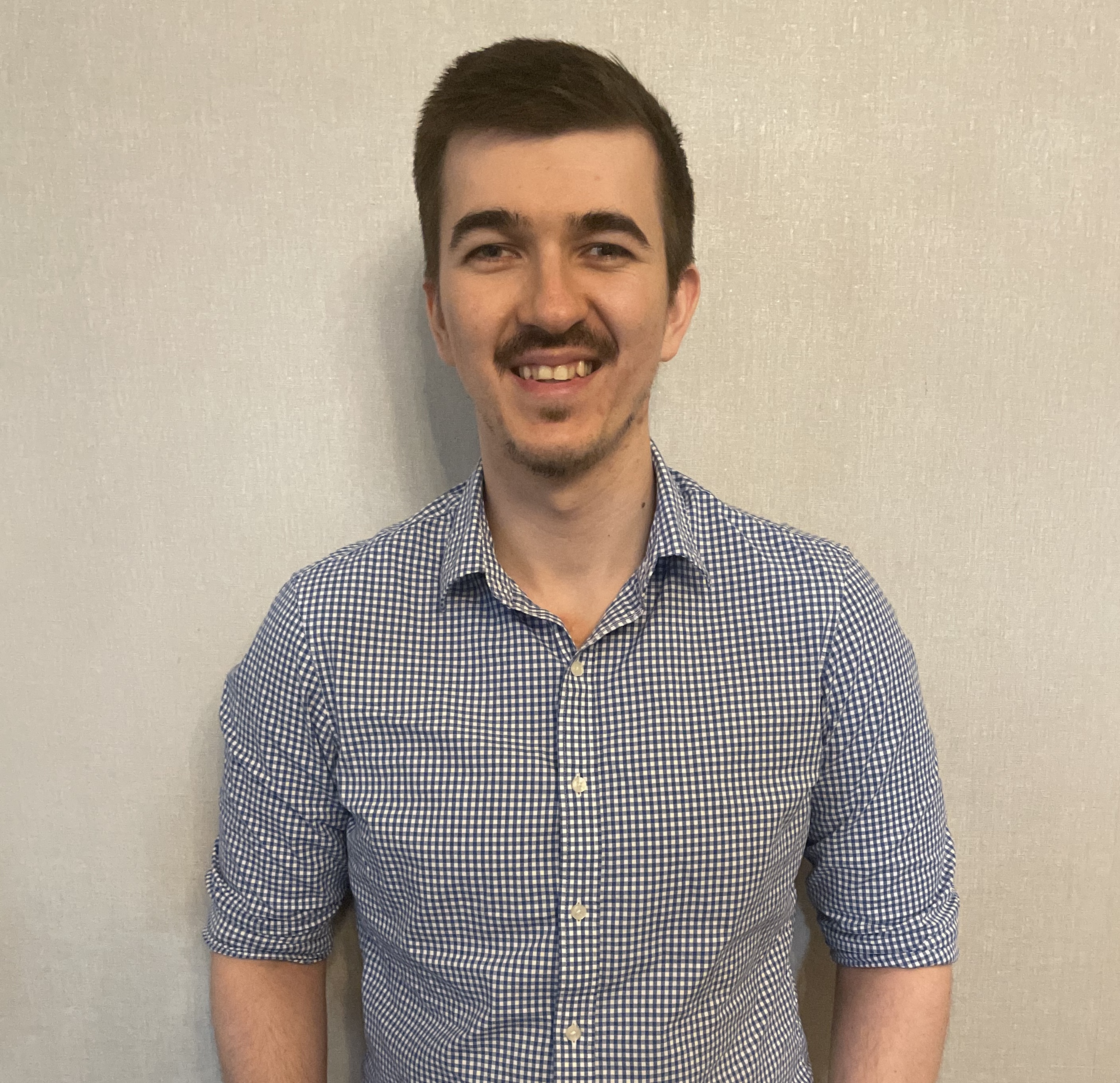
Postdoctoral Associate
I completed my Ph.D. in biomedical engineering and M.S. in electrical and computer engineering at Emory University and Georgia Tech, and undergraduate in engineering at Cornell University. My research interests include building algorithms and closed-loop systems for precision control of brain activity to aid treatment in neuropsychiatry, Parkinson's disease, and epilepsy, and improve causal understanding of cognitive neural systems. I also enjoy playing piano and writing original music.
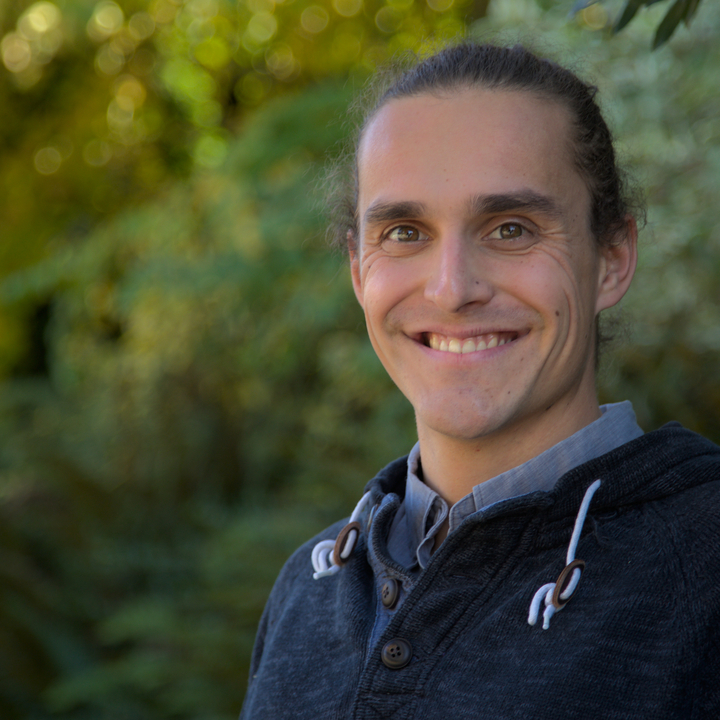
Data Scientist
I completed an undergraduate degree in Physics at the University of California Santa Barbara, and then a Ph.D. in Neuroscience at the University of Washington. During my Ph.D. work, I studied deep brain stimulation for motor disorders, with a particular focus on longitudinal monitoring and the remote chronic monitoring and data management systems this sort of data collection requires. In my free time, I am an avid climber, skier and sailor.
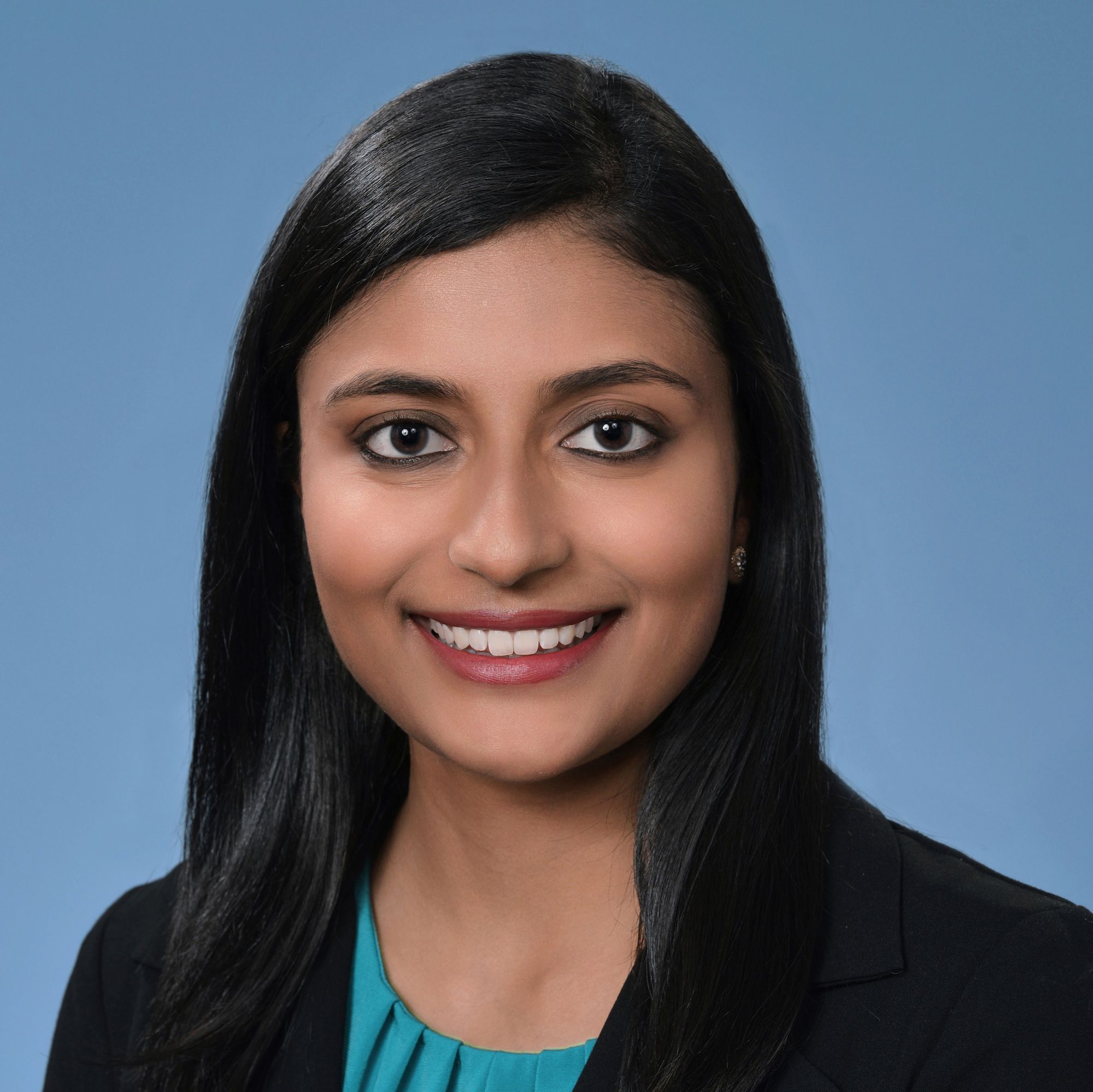
Nisha Giridharan, M.D.
Clinical Fellow
I am fortunate to serve as the Baylor Functional Neurosurgery Fellow for the academic year of 2025-2026. My clinical interests include surgical and neuromodulatory treatments for psychiatric disorders, epilepsy, movement disorders and pain. My research pursuits have primarily focused on neurophysiology, psychiatric neurosurgery, epilepsy and movement disorders and I plan to continue researching these topics in my career as an academic functional neurosurgeon. Functional neurosurgery has a powerful capacity to meaningfully improve the quality of life of patients with a variety of neuropsychiatric disorders and is closely intertwined with technology both from an imaging and implanted device perspective. As such, there is a lot of potential room for exciting growth in better understanding the structural and functional underpinnings of neuropsychiatric disorders and optimizing or developing methods to treat them. The team here at Baylor is doing world-class, pioneer work in many realms, most notably in psychiatric neurosurgery and cognitive disorders, and I am grateful to work with and learn from the physicians and researchers in this wonderful group!
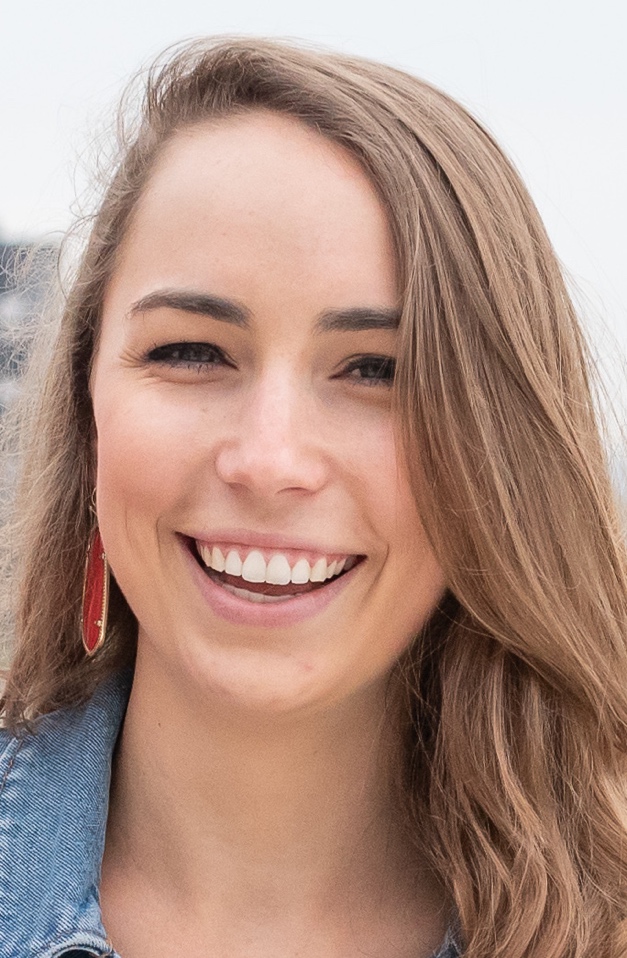
Victoria Gates
Senior Research Coordinator
I am a Senior Research Coordinator for the Sheth Lab at Baylor College of Medicine. I received my B.S. in psychology from the University of Houston am currently earning my Master of Science in Clinical Mental Health Counseling at the University of St. Thomas. I provide both administrative and practical support for Sheth Lab’s research projects and goals by helping manage IRBs, ensuring adherence to regulatory bodies, assisting in data gathering and maintenance, and handling patient communication and retention.
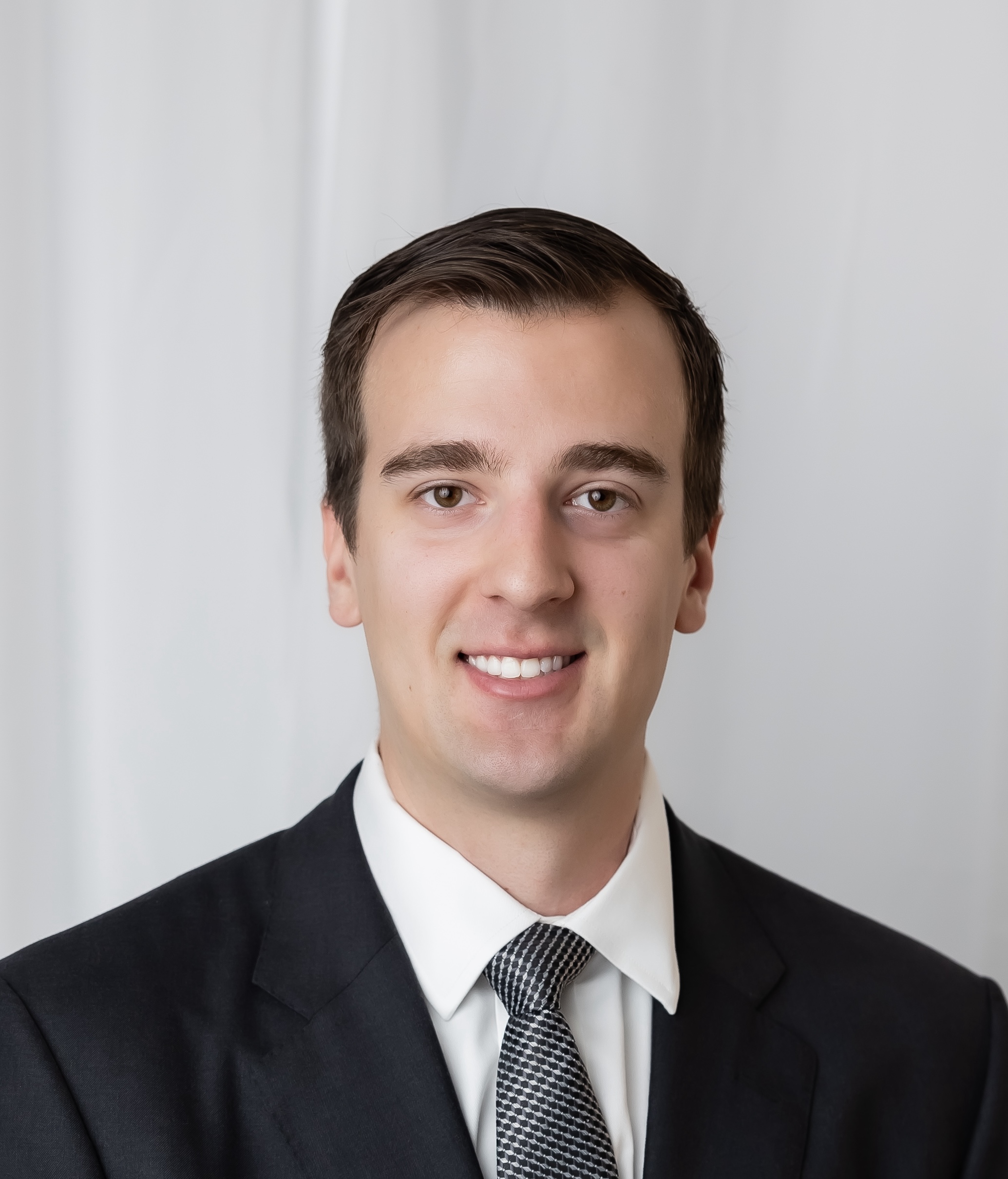
Thomas Hamre
Medical Student
I am a second-year medical student at Baylor College of Medicine, interested in applying for Neurological Surgery residency, and am currently participating in the Medical Research Pathway. I earned a B.S. in Biosciences with a concentration in Biochemistry from Rice University. My clinical interests center on neuromodulation approaches for the treatment of psychiatric, cognitive, and motor disorders. Following this dedicated research year, I will complete my medical training as a member of the BCM Class of 2028.
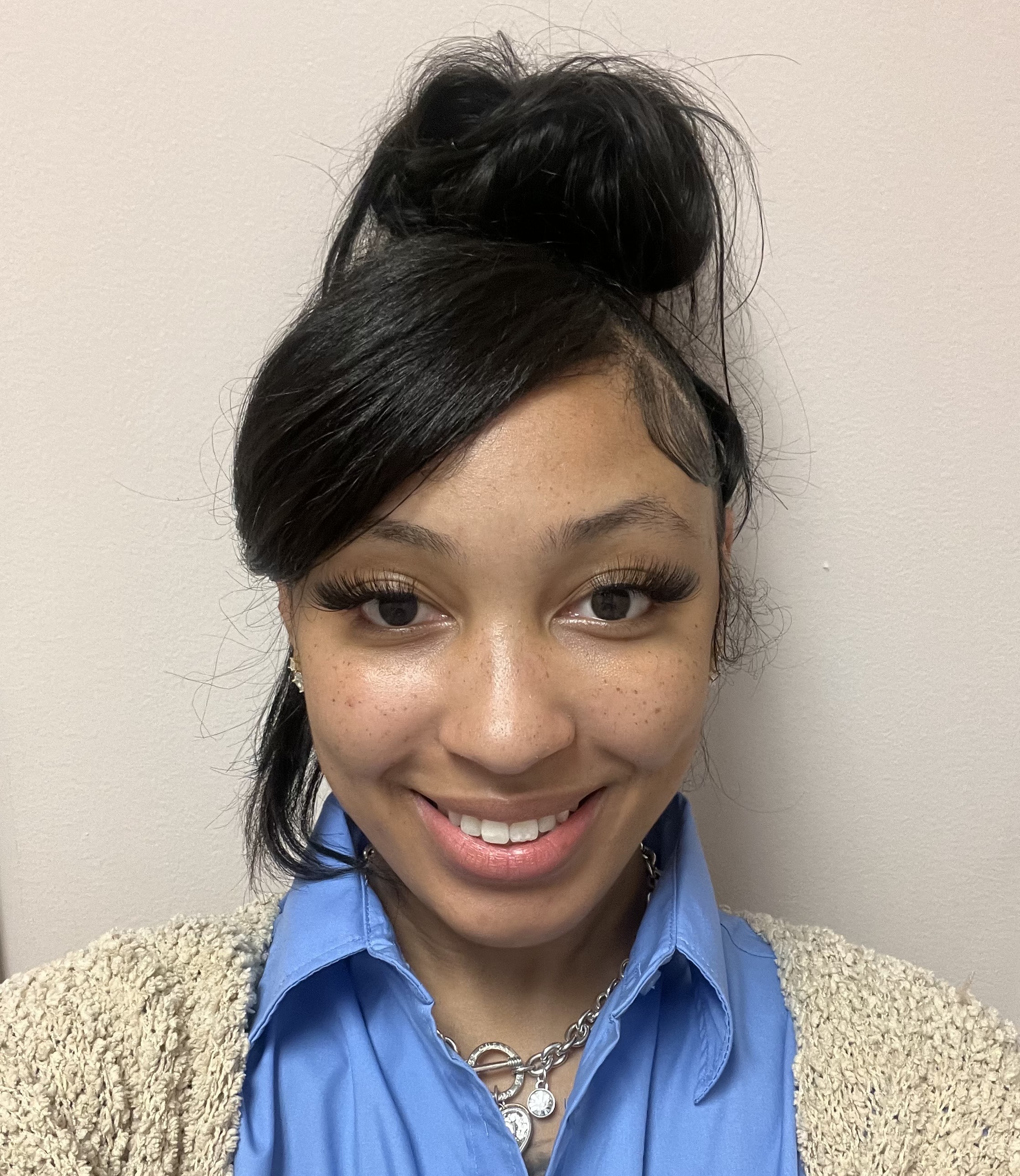
Robynn Ivory
Business Operations Coordinator
I have a strong interest in clerical processes and organizational efficiency. I am currently pursuing my Bachelor of Science in Health Care Administration at Capella University, furthering my passion for streamlined systems and effective support roles. Outside of work and studies, I enjoy jogging, traveling, and experimenting with new cooking recipes.
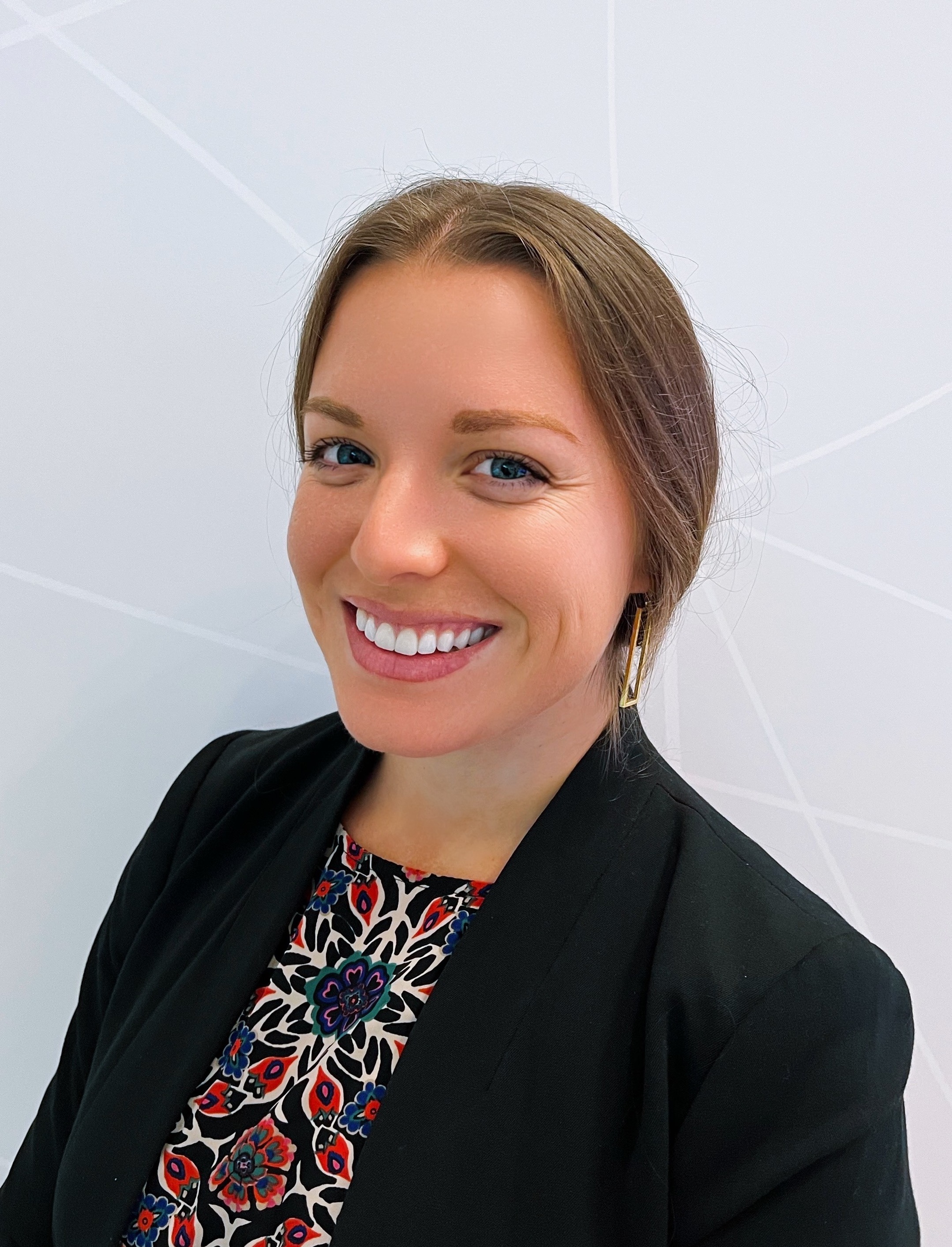
Kat Kabotyanski
M.D. / Ph.D. Student
I received my B.S. in neuroscience from Duke University in 2014, then worked as a Research Assistant on the Healthy Brain Network at the Child Mind Institute and Research Manager for the Human Connectome Project at Harvard University before starting my M.D.-Ph.D at BCM in 2020.
Clinically, I am interested in neurosurgery and am particularly excited about the career’s unique opportunity to simultaneously treat and better understand the human brain. Scientifically, I am interested in uncovering the physiological mechanisms that underlie mood, cognition, and behavior in order to identify neural signatures of pathological vs healthy states. As a Ph.D candidate in the Quantitative and Computational Biosciences program, I hope to use novel methods for decoding, interpreting, and representing neural signals. Ultimately, I hope this work will enable more effective, individualized treatments.
I am extremely grateful to work with this fun, talented, and diverse team, as well as the many collaborators that make this important research possible.
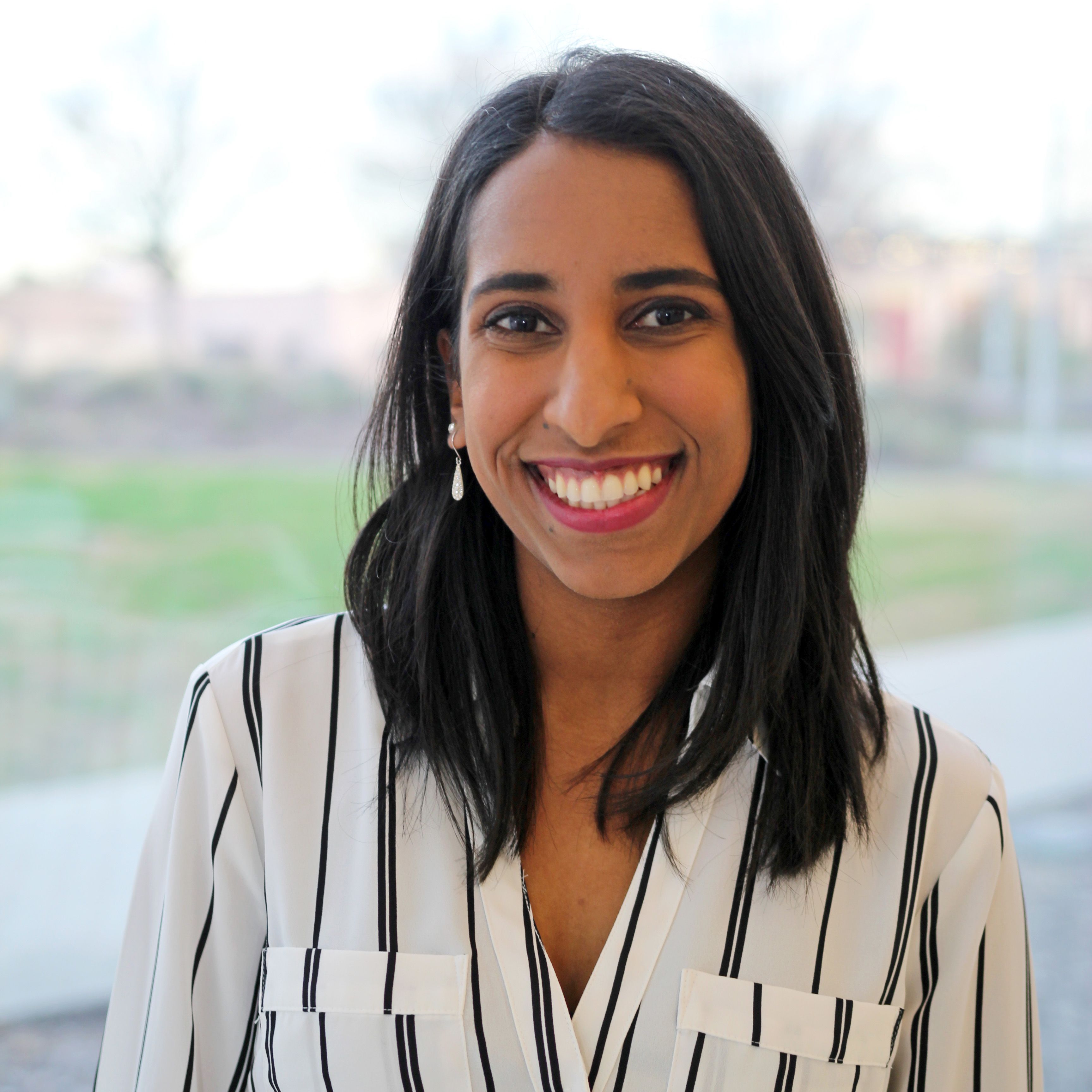
Raissa Mathura
Research Coordinator III
My work involves creating visualizations of the intracranial electrodes that are implanted in our research patients as well as running research tasks at the EMU. I also help with establishing the outward facing presence of the lab, through PR and social media for Dr. Sheth. I graduated from Rice University in 2019 with a bachelor’s degree in Cognitive Science. I am interested in learning more about the nature of complex human cognitive functions and the integration of different academic disciplines through research.
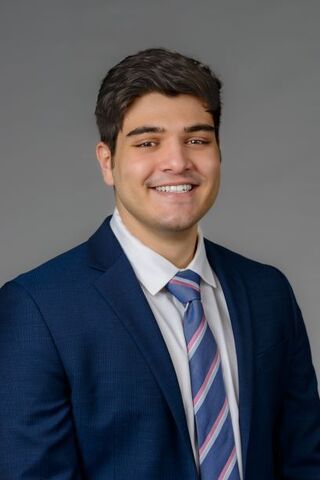
Layth Mattar
Research Technician II
In 2021 I received my B.S. in Biology from Emory University and have since worked as an AmeriCorps VISTA service member in a free clinic and as a medical scribe in rural and urban safety-net clinics. Those two experiences exposed me to many different types of psychiatric and neurological disorders and conditions, and the great impact these conditions can have on patient’s lives, especially if they are treatment resistant. I joined Dr. Sheth’s lab to contribute to the discovery and investigation of new treatments aimed at helping and improving the quality of life these patients experience.
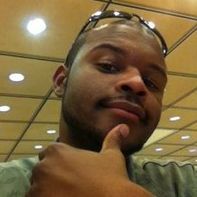
John Myers
Postdoctoral Associate
We use high density electrocorticography (ECoG) to capture neural oscillations, and we use microelectrodes to measure action potentials while people play games designed to test certain mental skills. A key goal is to understand how our brain cells seem to almost effortlessly work together to rapidly convert abstract mental representations into actions. We combine conventional neuroscience techniques with machine learning to answer these questions. I am also working on a project involving deep brain stimulation (DBS) for treatment of major depression. We are seeking to learn more about the brain activity that underlies depression, while developing patient-specific stimulation protocols.
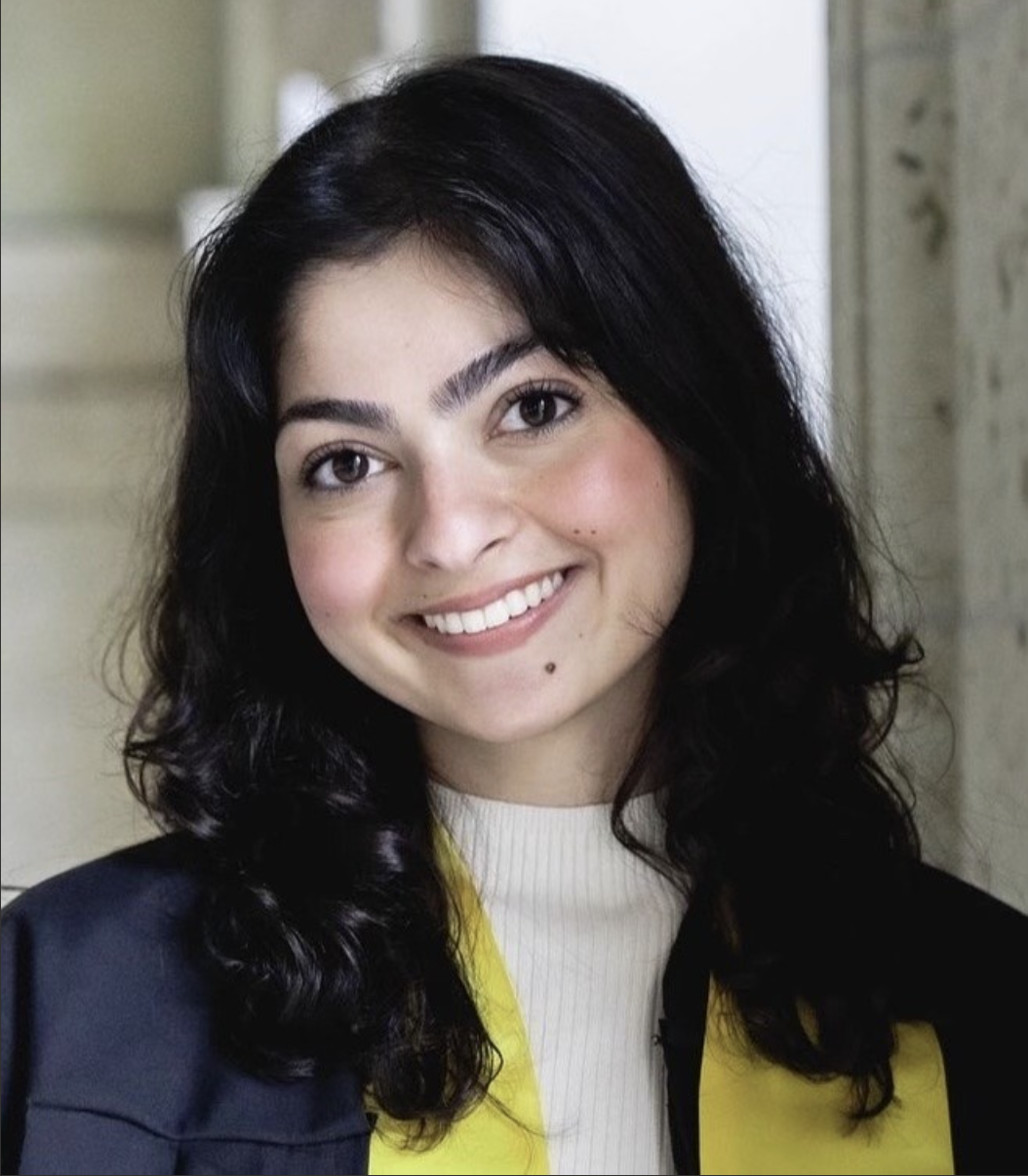
Sarah Soubra
Medical Student
I am a second-year medical student at Baylor College of Medicine interested in pursuing neurosurgery. I obtained my undergraduate degree in neuroscience from the University of Texas at Austin, where I was involved in research focused on uncovering the molecular mechanisms underlying alcohol and drug addiction. I am currently taking a research year under the Medical Research Pathway. My research interests center on the utilization of Deep Brain Stimulation in the treatment of psychiatric and motor disorders, aiding in improving their clinical application, and better understanding the structural, functional, and molecular mechanisms of these conditions. Through my research, I aim to identify how DBS can be optimized not only to alleviate symptoms but also to facilitate better long-term outcomes in patients.
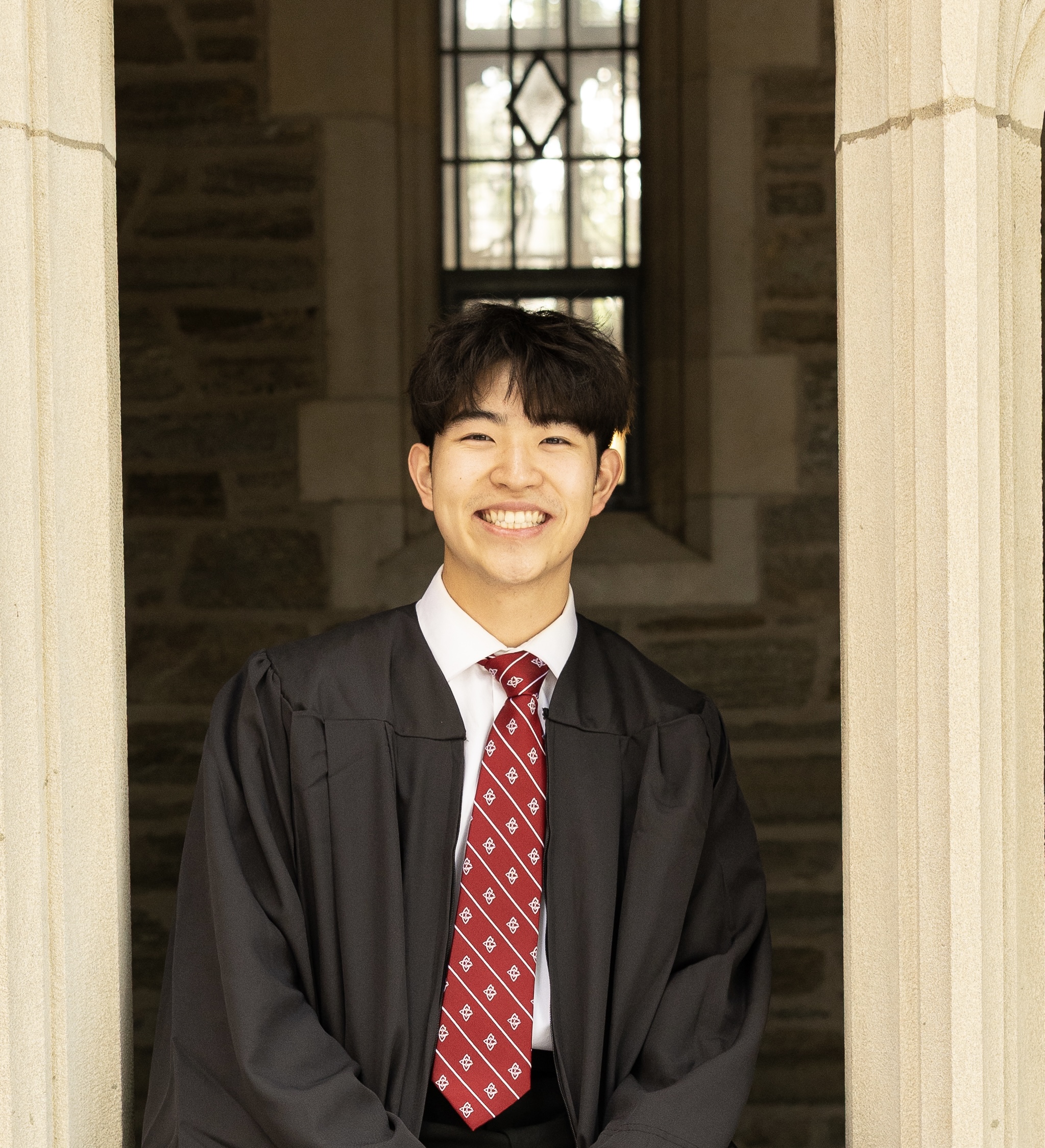
Postbacc Student
I graduated from Princeton University with a B.S.E. in Operations Research and Financial Engineering with certificates in computer science and clarinet performance. As an undergraduate, my research focuses were in bioinformatics and computational biology, specifically on designing and improving algorithms used to solve biological problems. I’m excited to join the Sheth lab and further my interests in how data can be leveraged to better understand neuroanatomy and physiology. Furthermore, I look forward to working on patient-facing studies to better understand the applications of technologies like DBS and sEEG in the clinical field. In my free time, I enjoy video editing and am an avid Beli user.
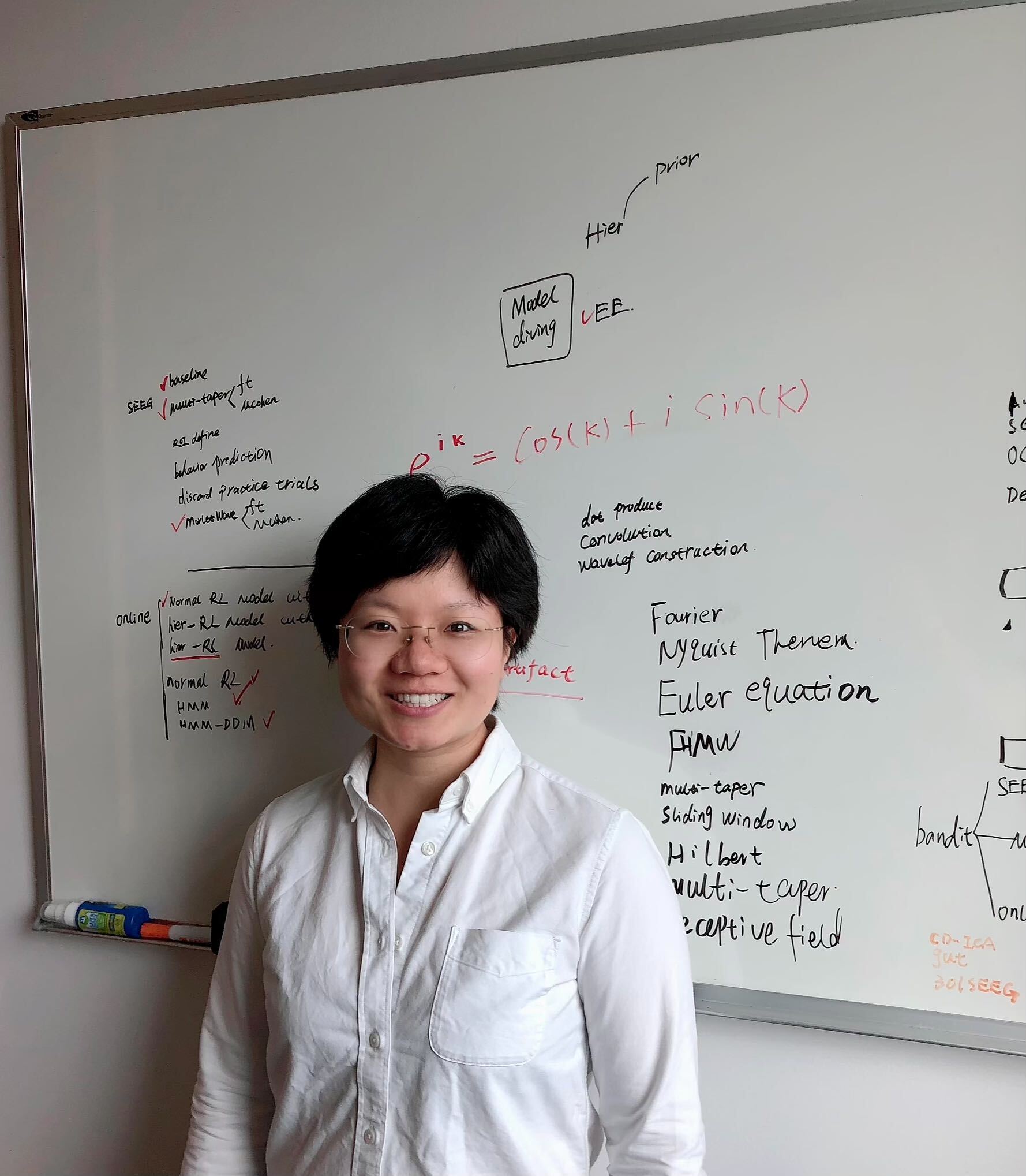
Xinyuan Yan
Postdoctoral Associate
I earned my PhD in cognitive neuroscience from the State Key Lab of Cognitive Neuroscience and Learning at Beijing Normal University in 2022. I was the MnDrive postdoc at the University of Minnesota from 2022-2025. My research interests include human decision-making dilemmas, naturalistic social interaction (applying game theory and conversation analysis), and studying brain activity from single-neuron recordings, LFP, and fMRI combined with computational modeling. My work aims to understand the biological basis of mental illness and develop potential neuromodulation treatments. The secrets of intelligence, affect, and beauty may lie in the spikes.
I try to complete one full marathon every year.
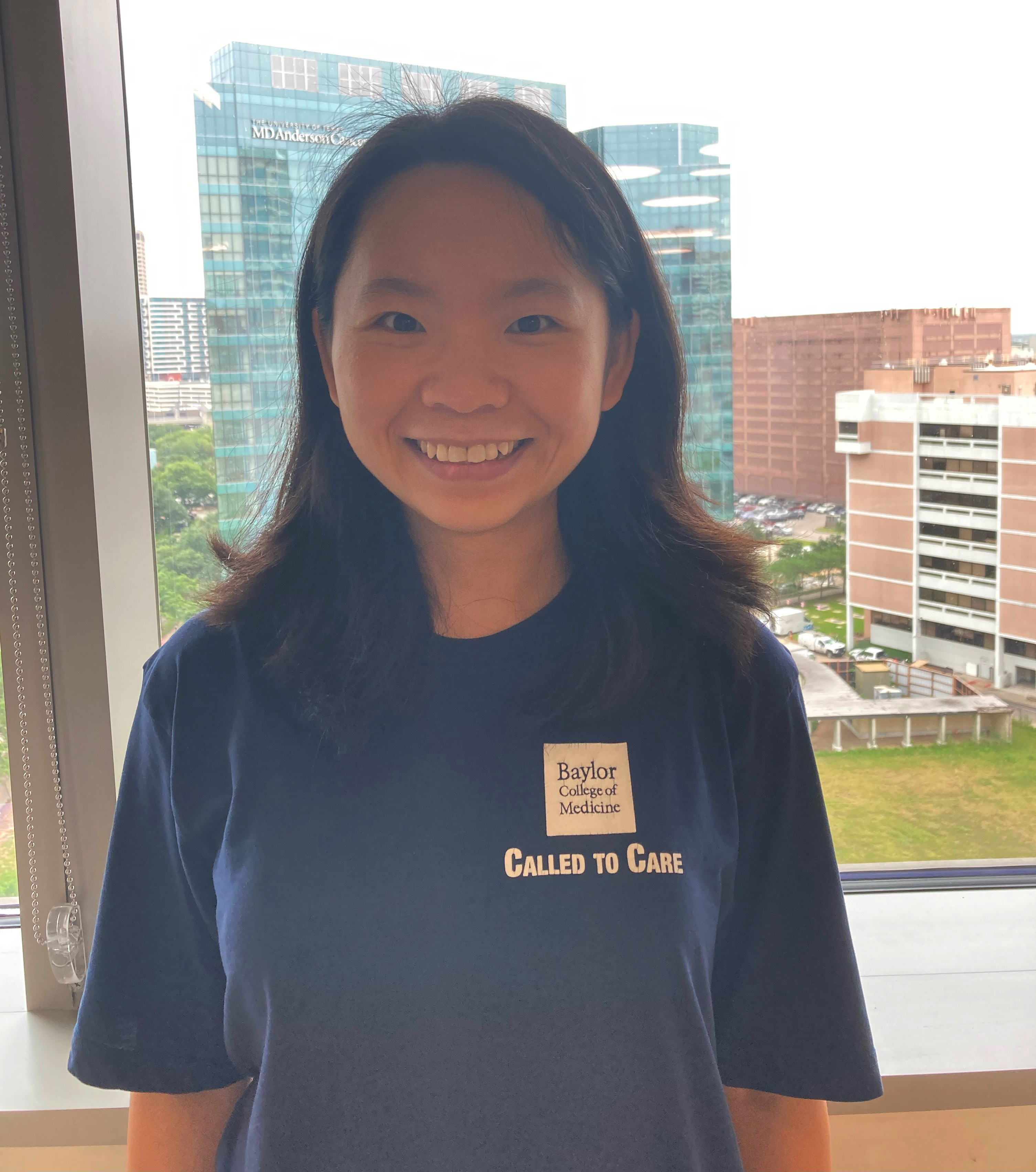
Yue Zhang
Instructor, Lab Manager
Over the last seven years, my research efforts have focused on examining brain mechanisms that underlie induced and natural human behaviors. I am especially interested in brain neuroplasticity, neuromodulation, and translational research that can improve day-to-day behaviors. My most recent research focuses on investigating multisensory integration in speech perception such as watching speech videos and short movies, measured by direct (i.e., intracranial electroencephalography/iEEG) and indirect (i.e., BOLD fMRI) neuroimaging techniques. Many everyday tasks require us to integrate information from multiple modalities, such as during conversation when we make use of both the auditory information we hear in spoken speech and the visual information from the facial movements of the talker. This is especially important under conditions in which one modality is degraded, such as in a noisy room, or in hearing loss conditions. iEEG and BOLD fMRI techniques have offered the best combination of spatial and temporal resolution for this purpose. After joining the Sheth lab, I hope to further expand my work to investigate the role of mood and attention in speech perception.
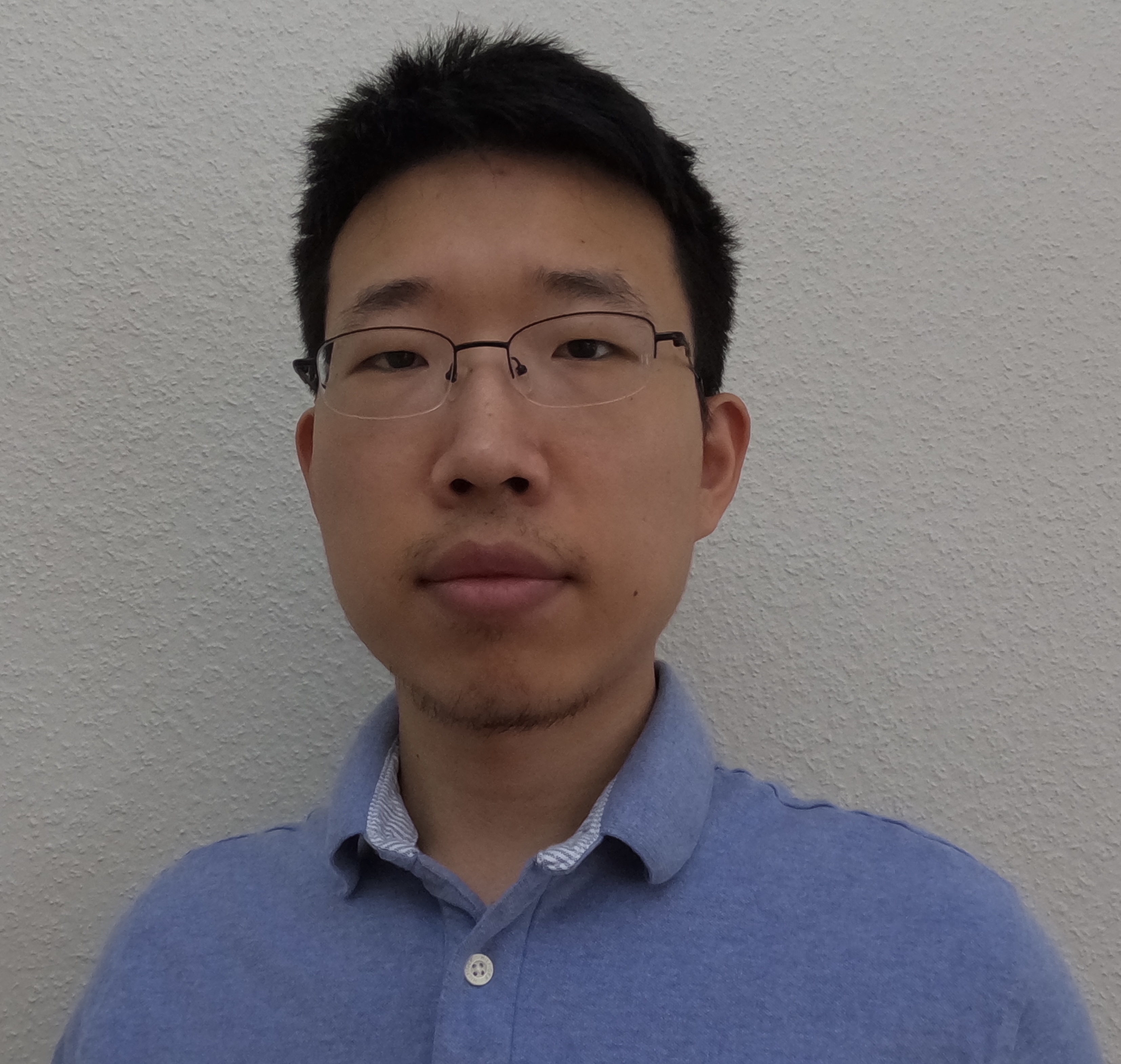
Yewen Zhou
Software Engineering and Programming Associate
I hold an M.S. in Data Science from Columbia University and a B.A. in Data Science from UC Berkeley with a focus on Business/Industrial Analytics. My professional background includes deep learning, machine learning, software engineering, and Data Science related projects. Currently, I collaborate with lab members on projects involving video synchronization, TRBD dashboard setup, and data archiving.
Lab Alumni
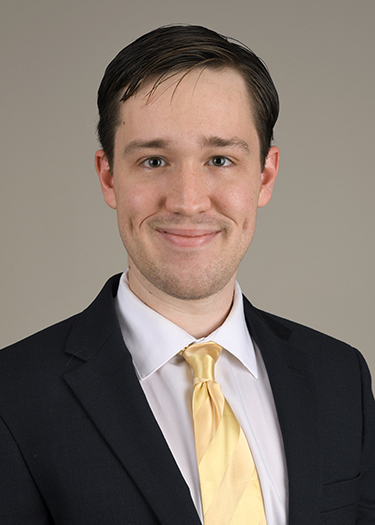
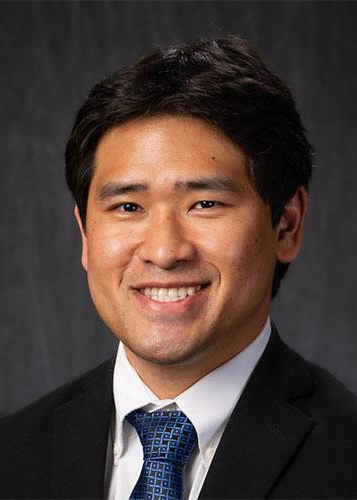
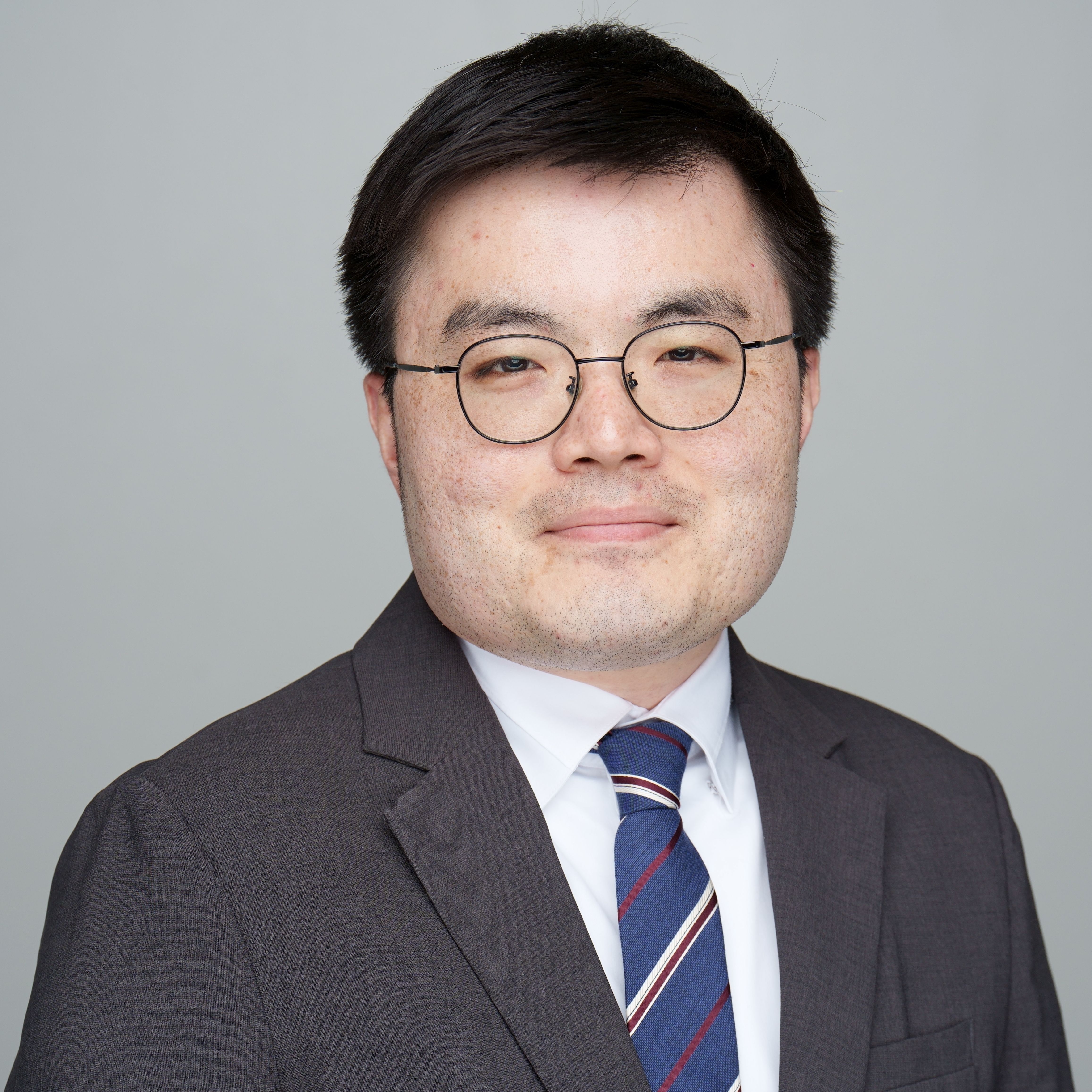
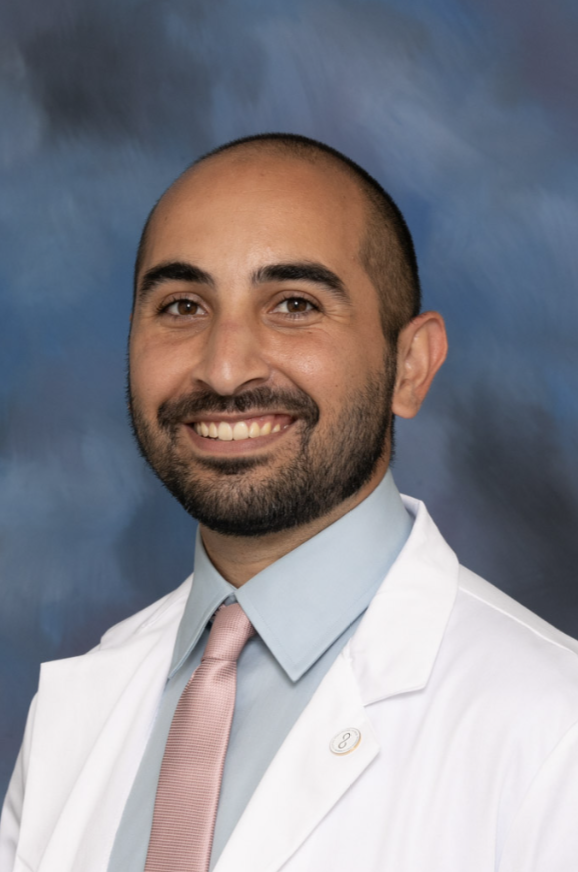
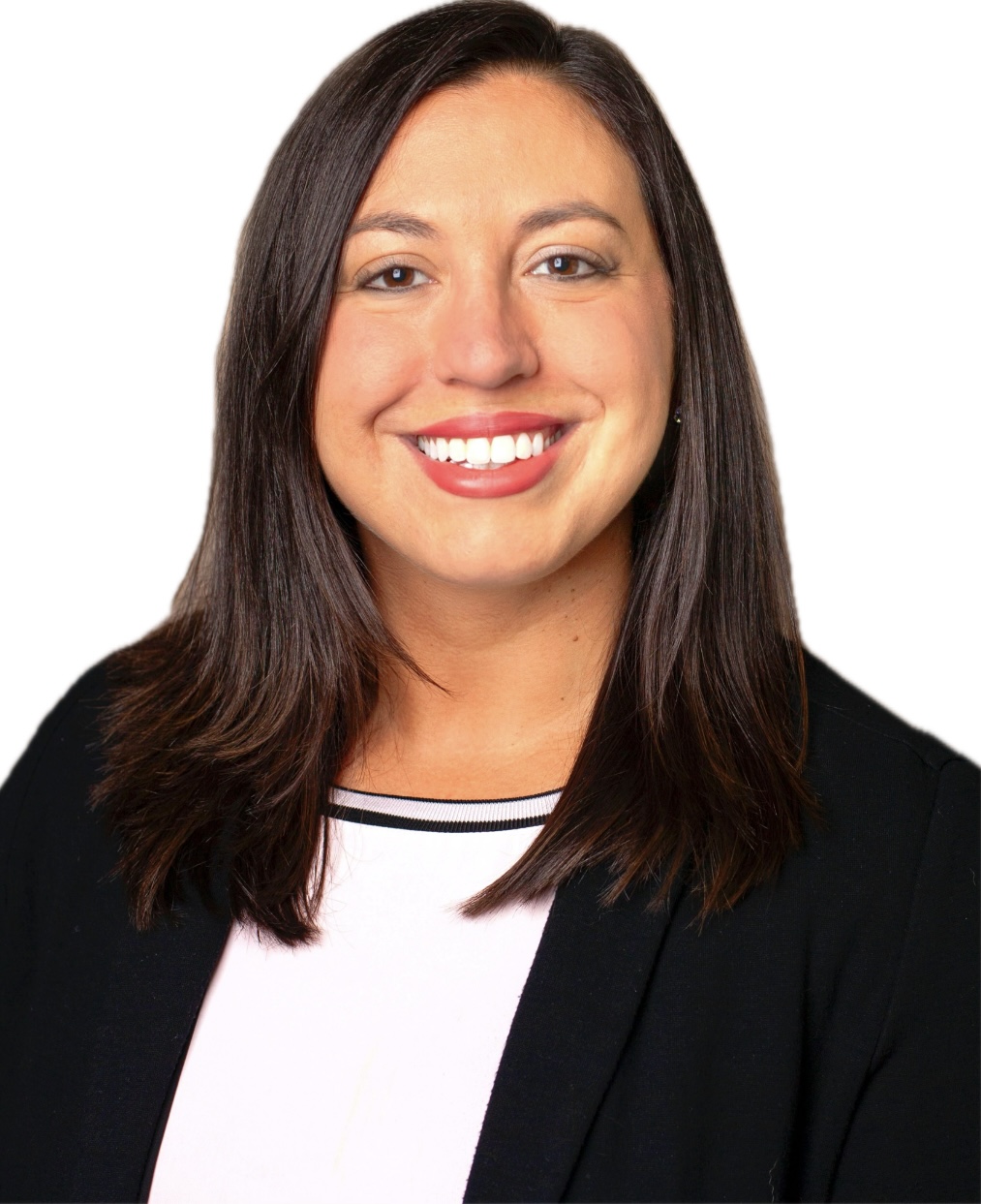
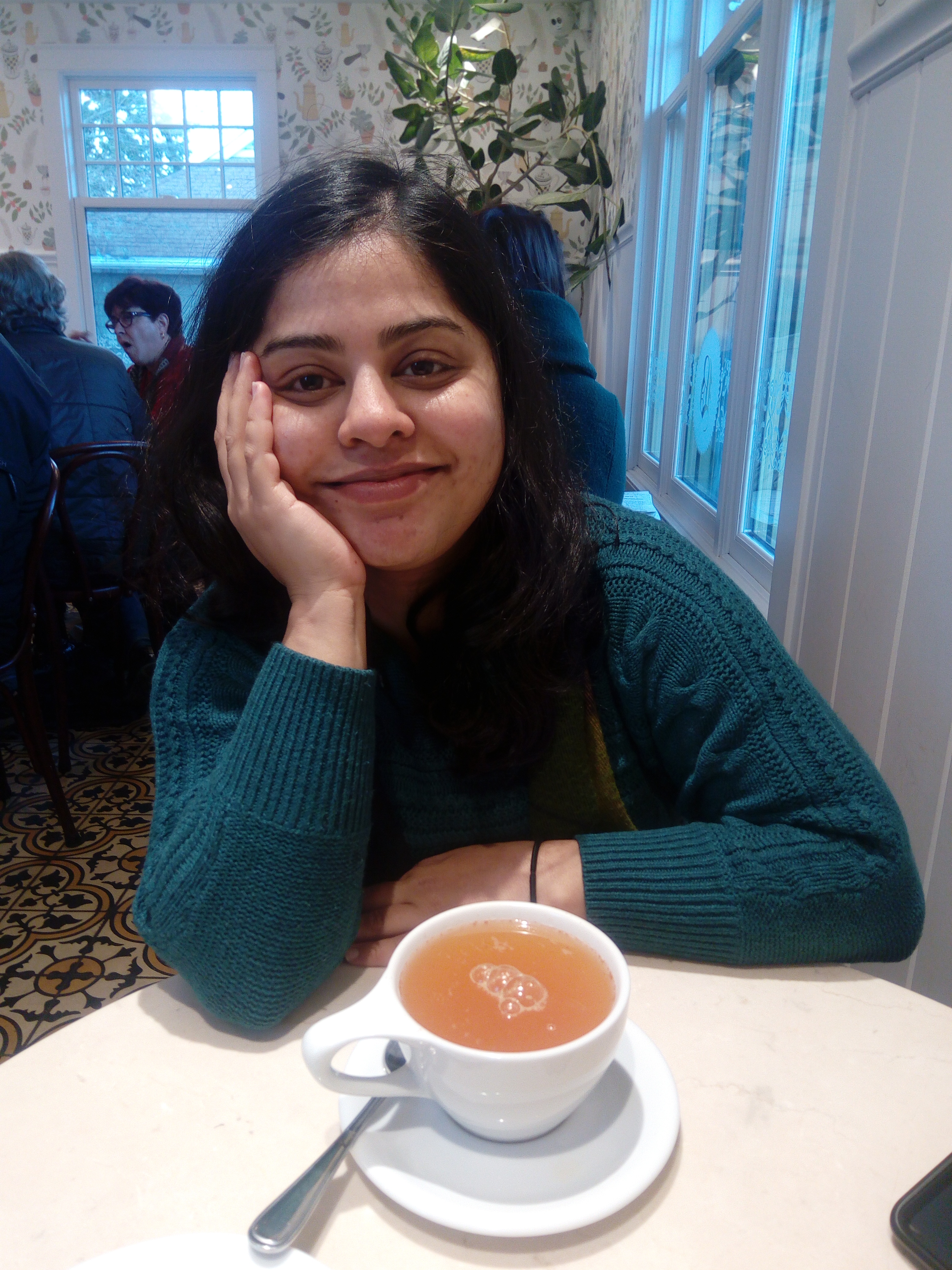
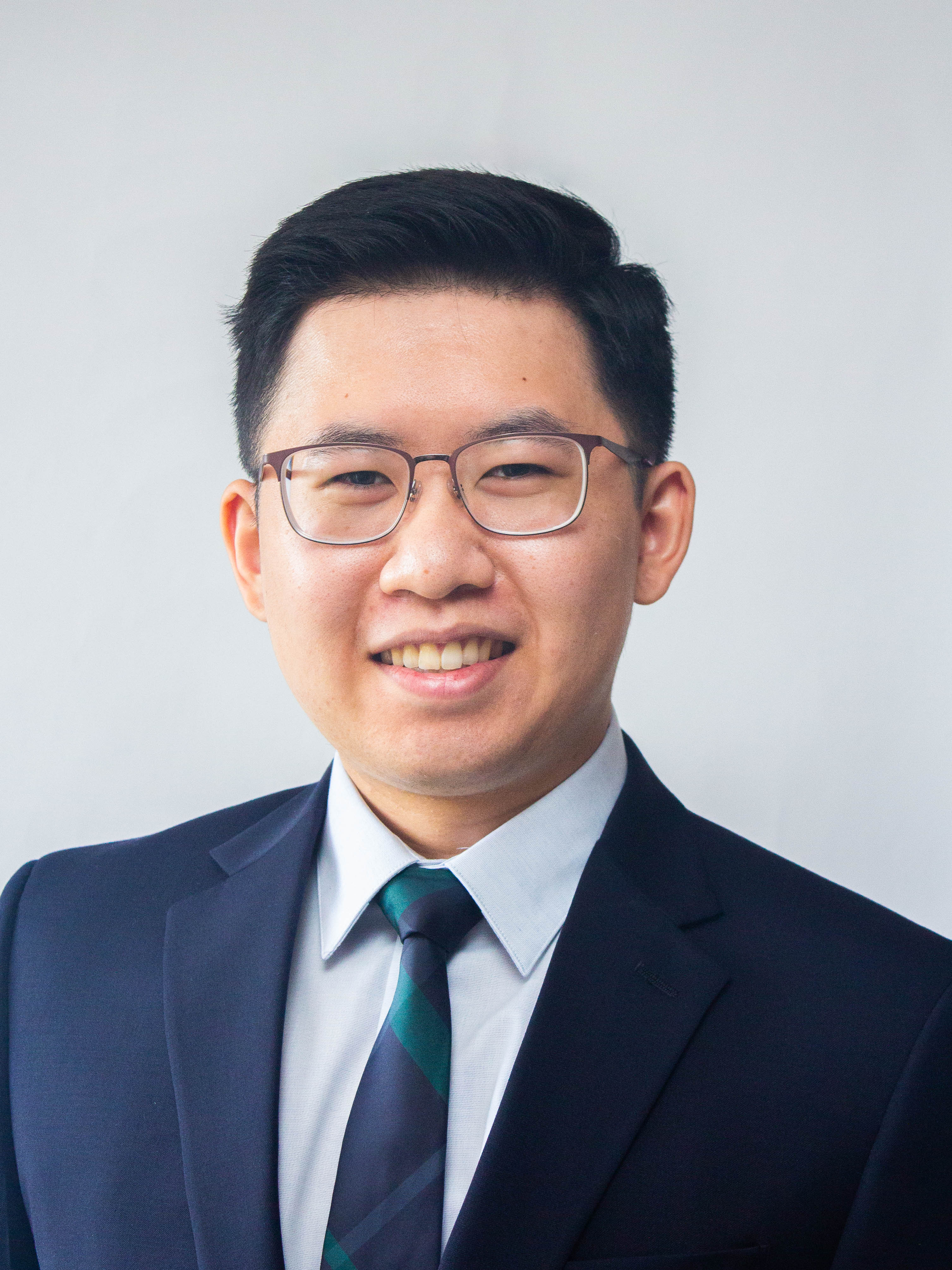
Medical Student
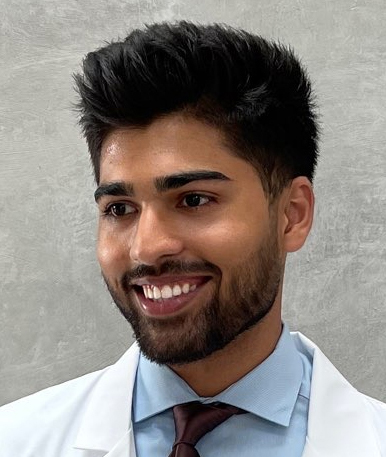
Medical Student
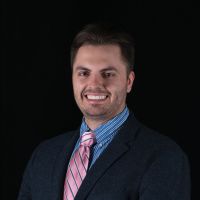
Staff Scientist
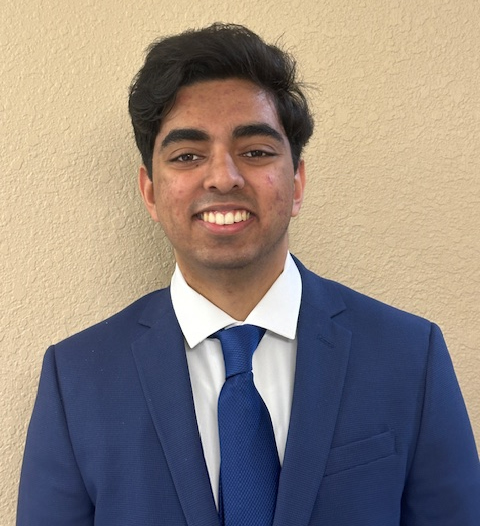
Research Assistant
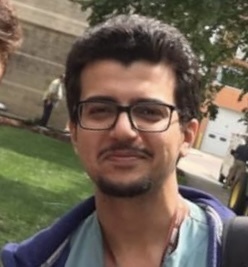
Clinical Fellow
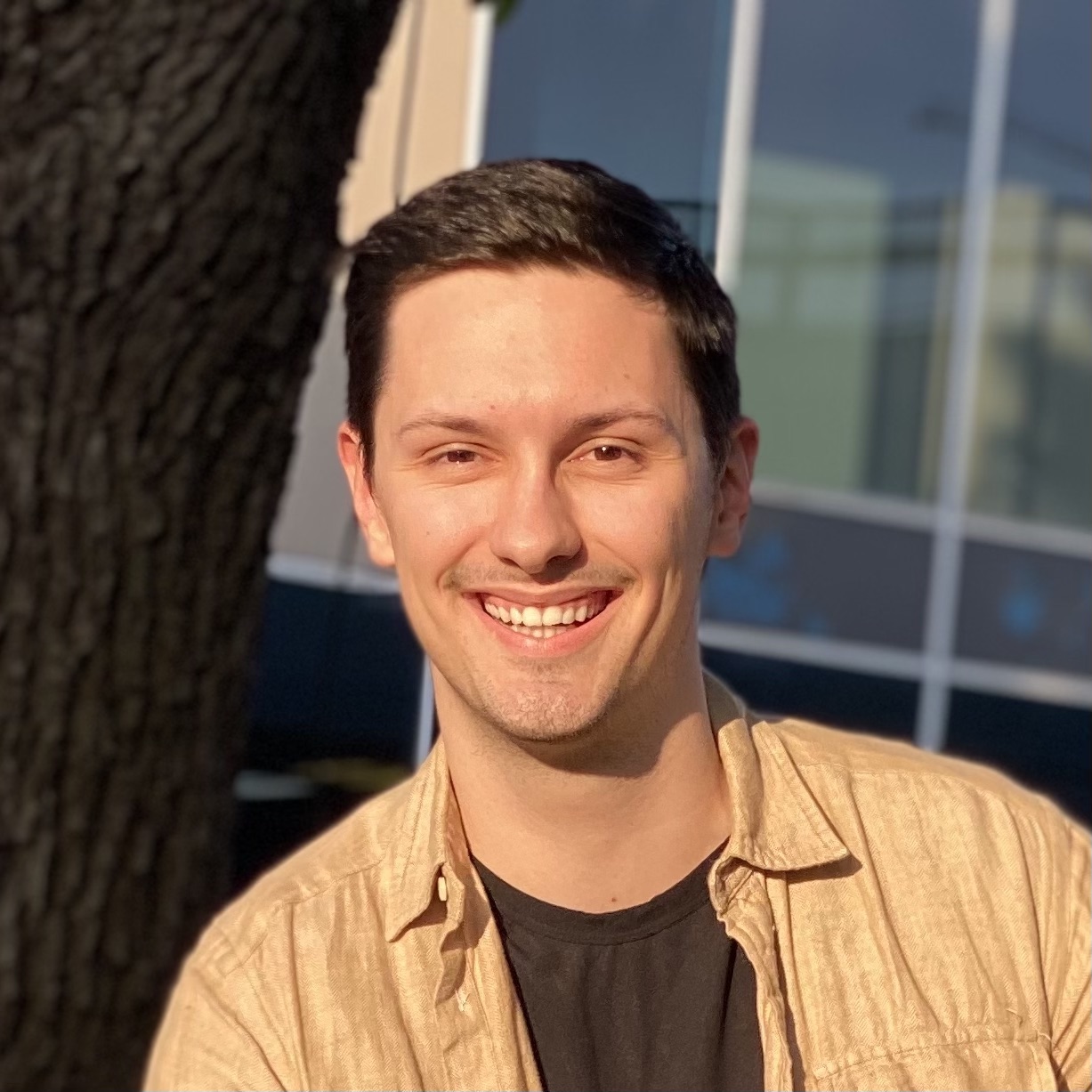
Master's student
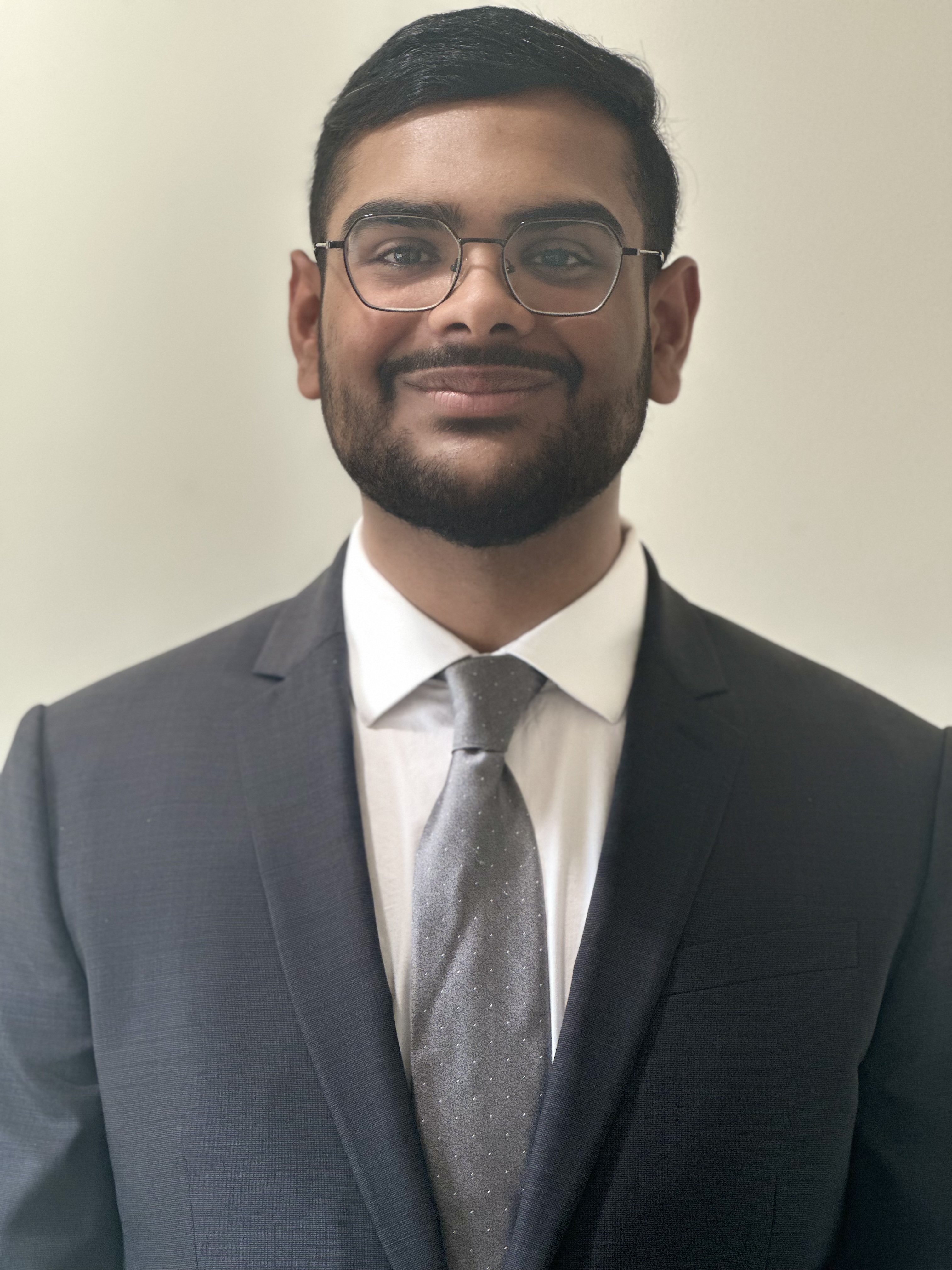
Medical Student
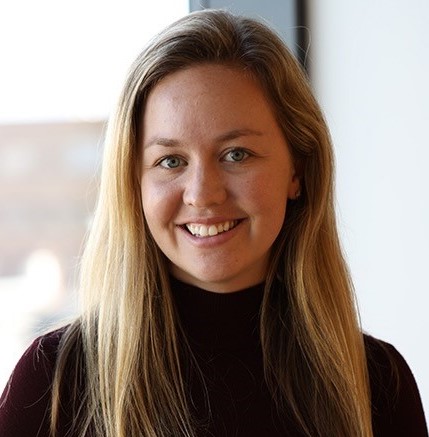
Postdoctoral Associate
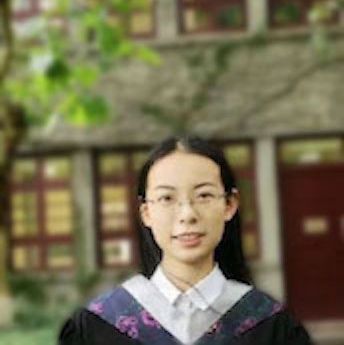
Ph.D. Student
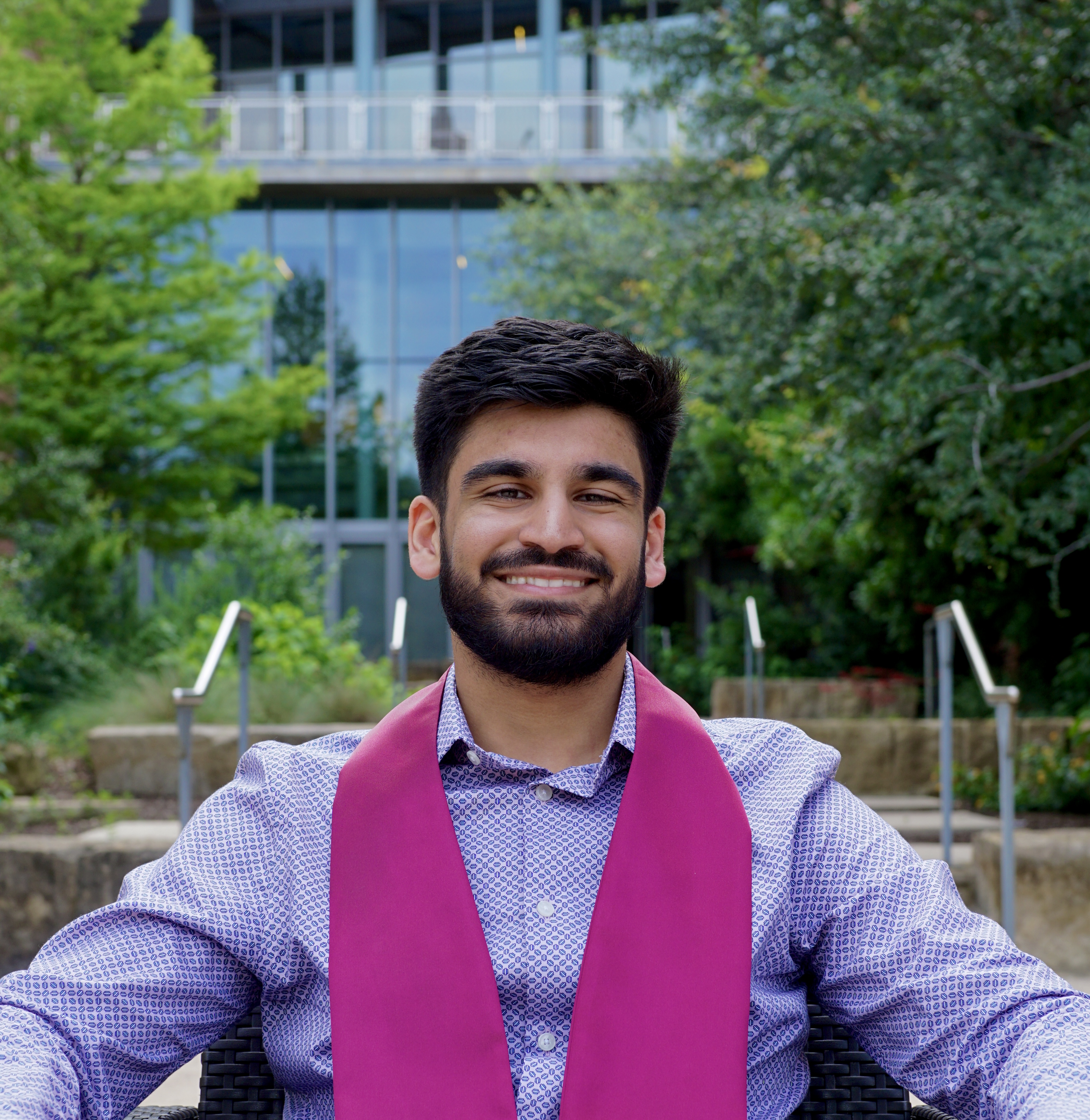
Research Technician II
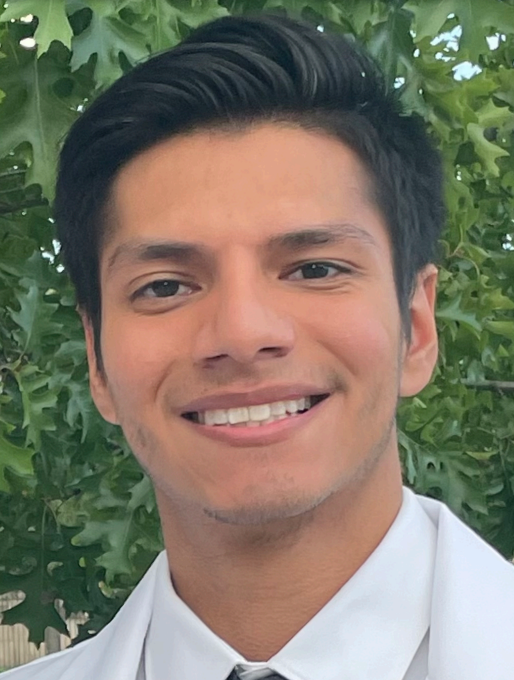
Medical Student
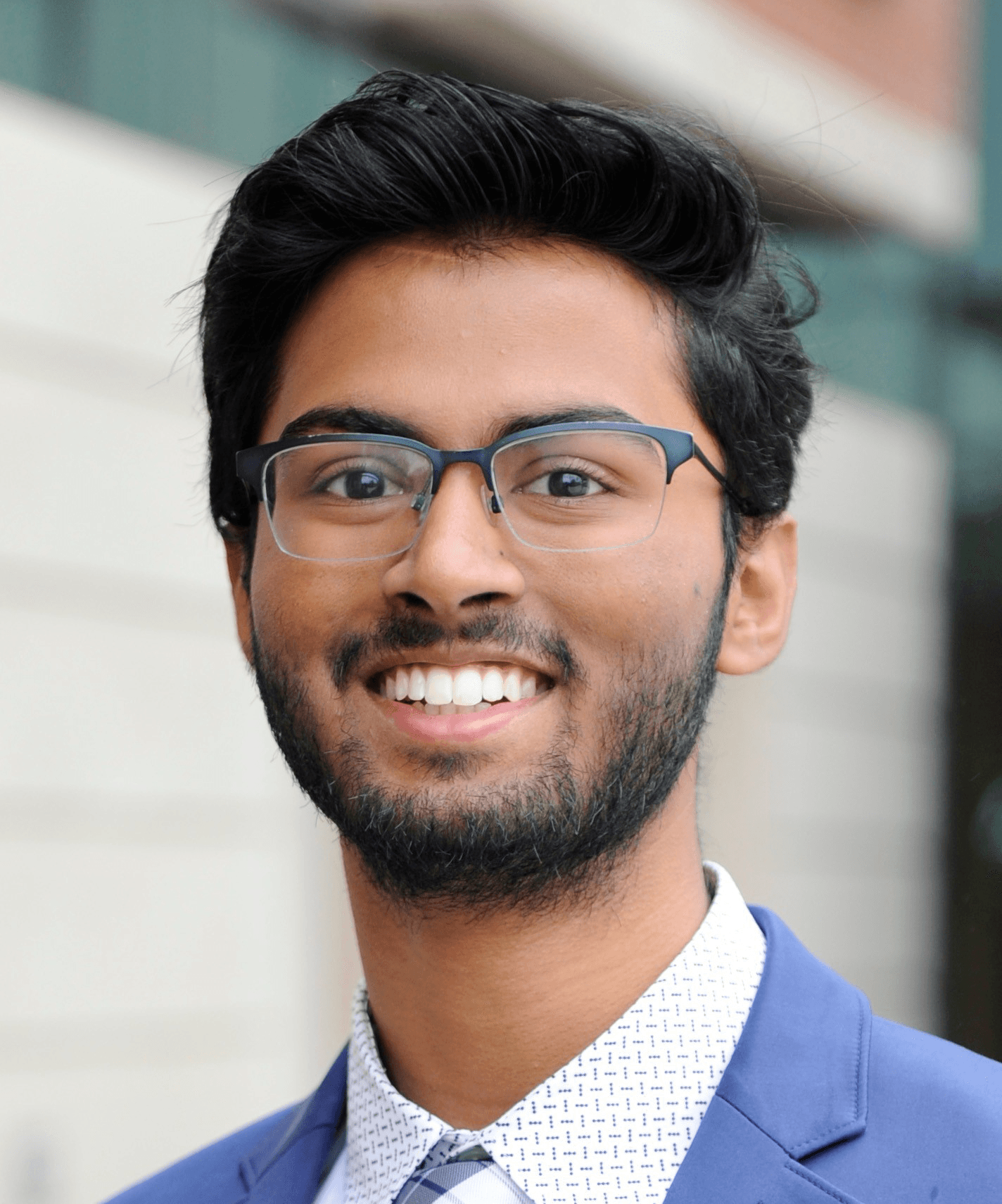
Medical Student
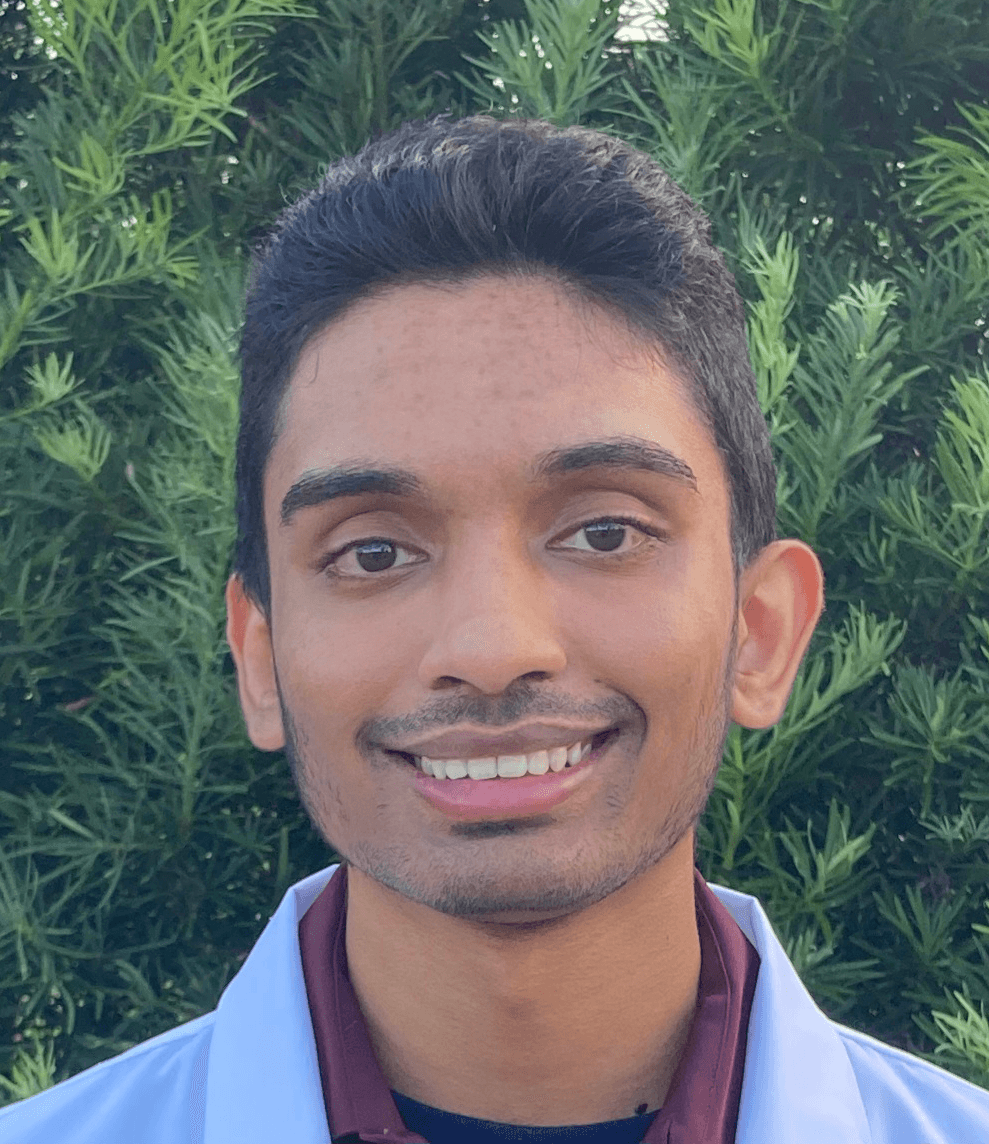
Medical Student
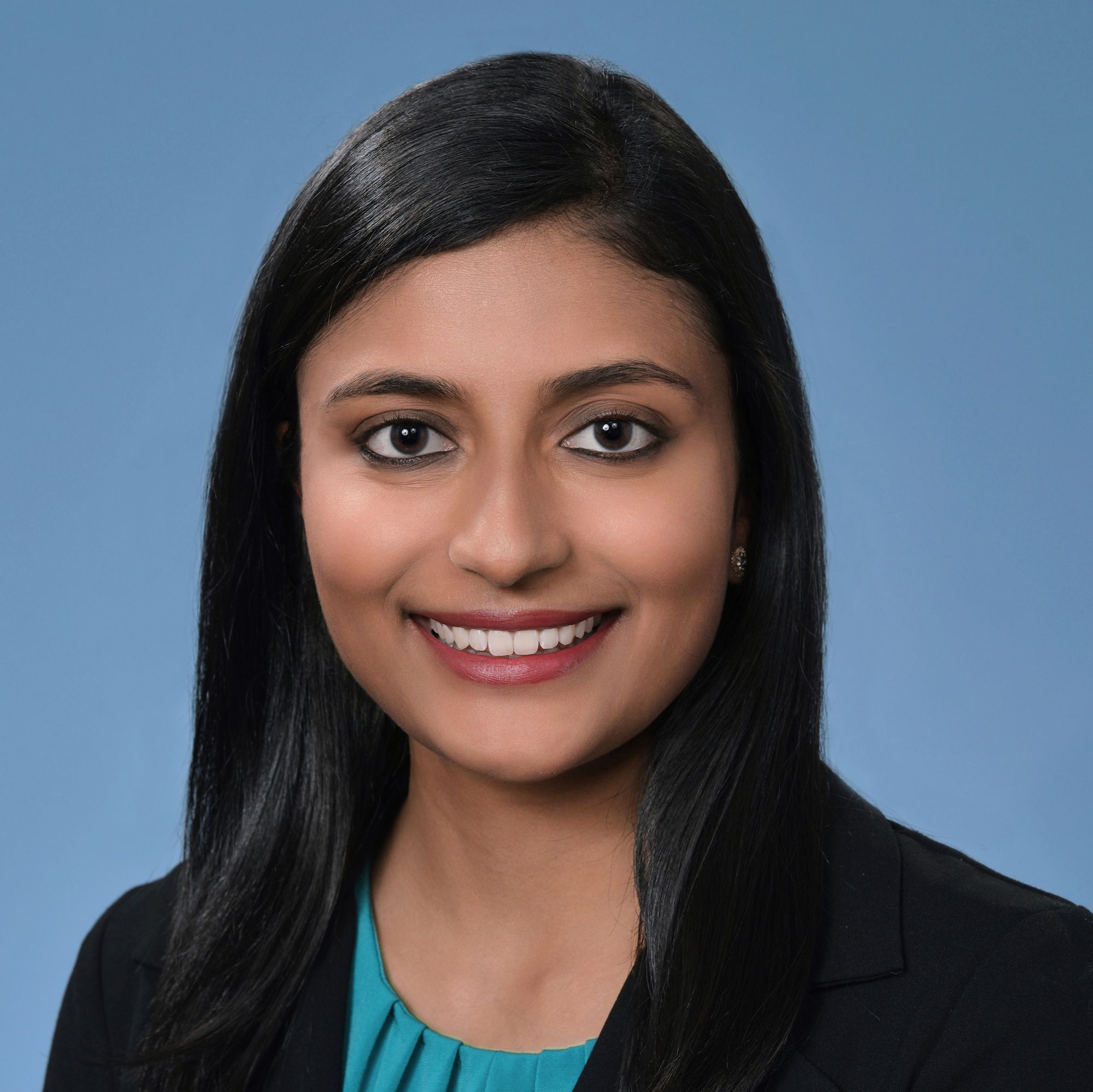
Neurosurgery Resident
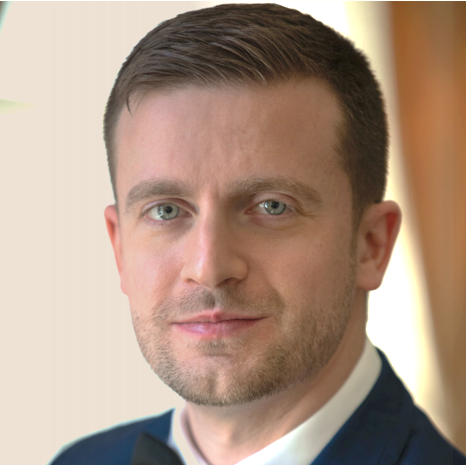
Fellow, Functional and Stereotactic Neurosurgery
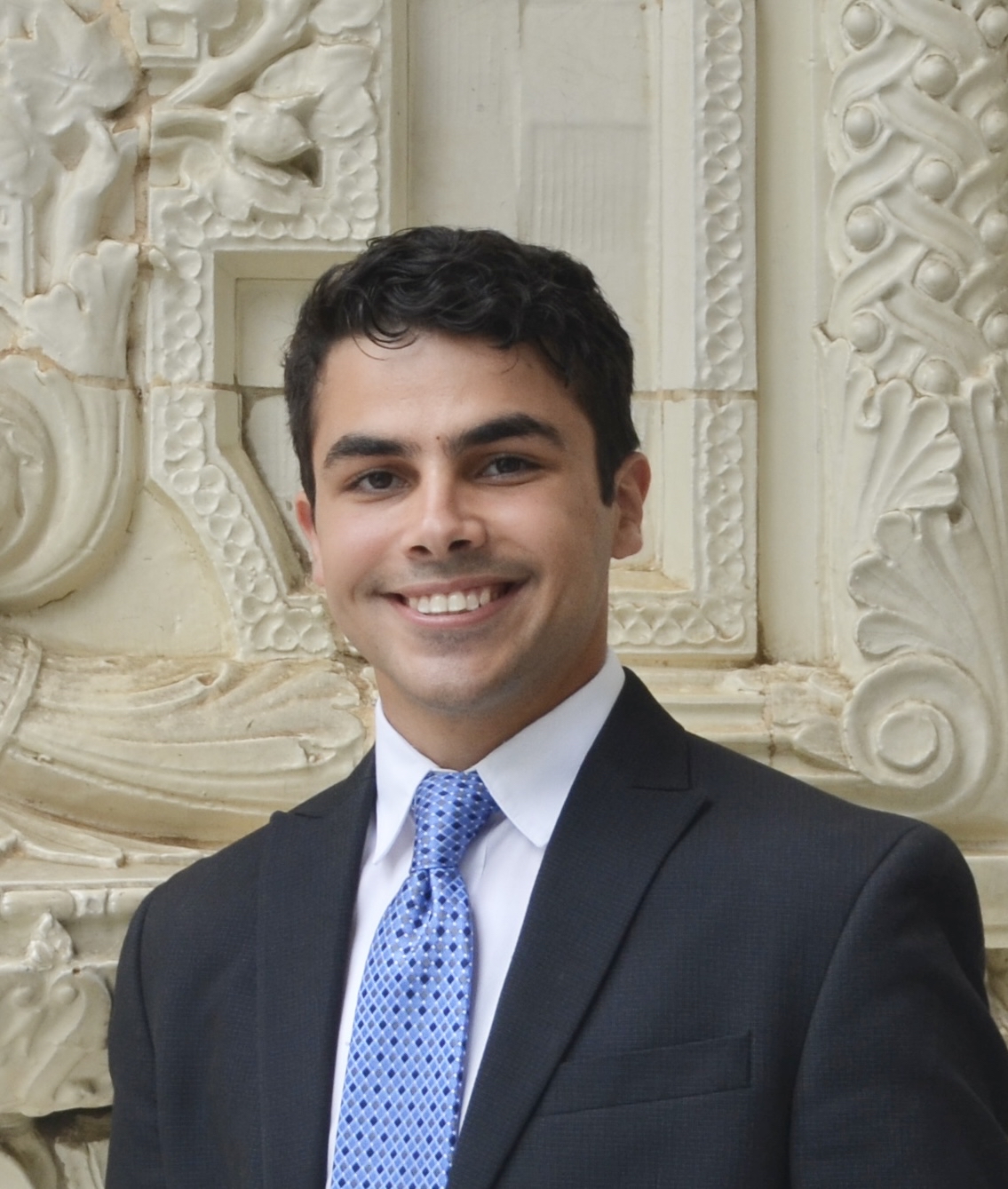
Research Technician II
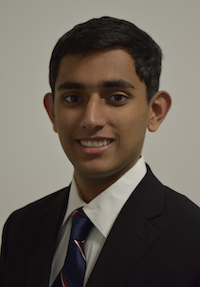
Research Technician II
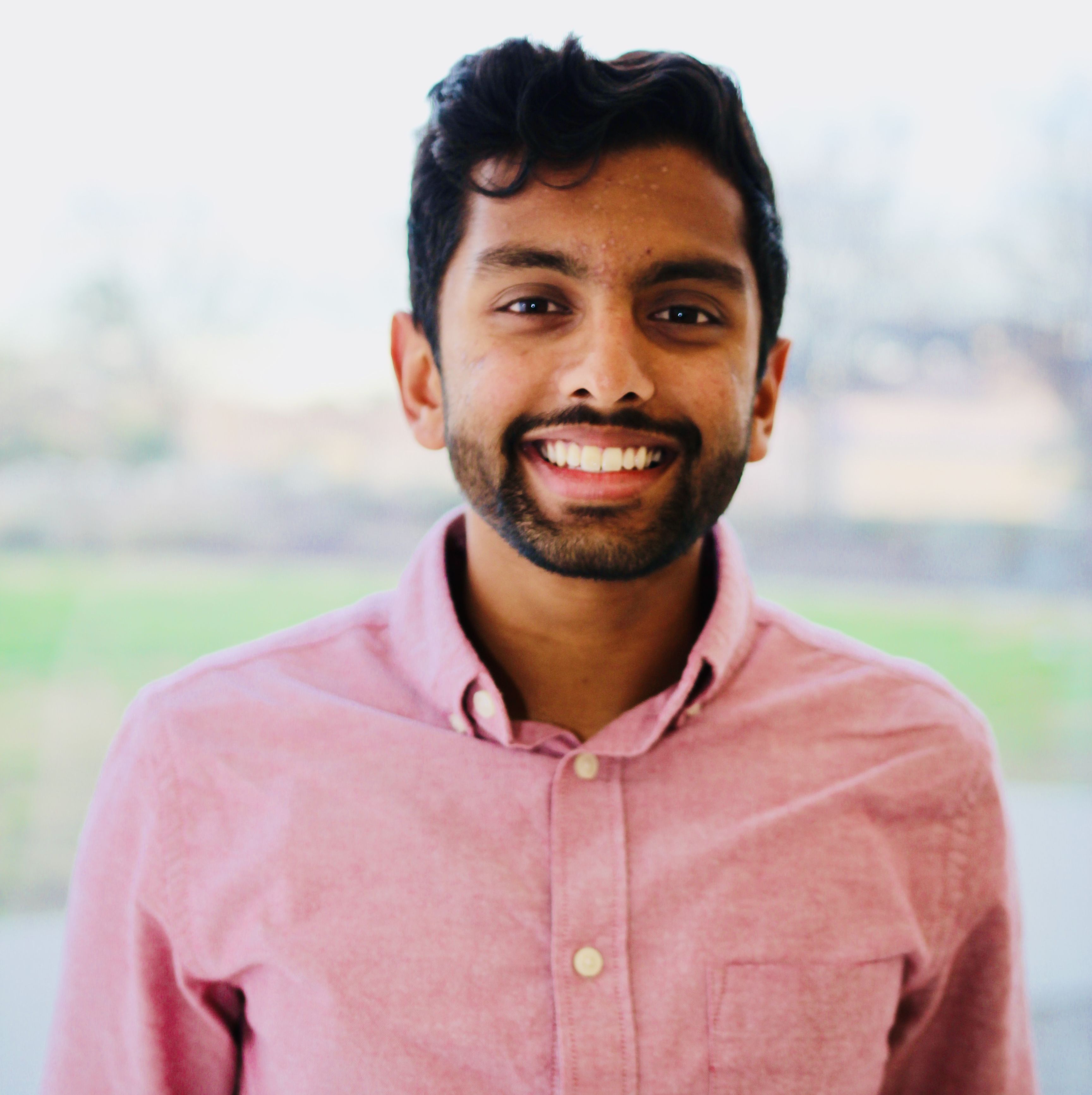
Medical Student
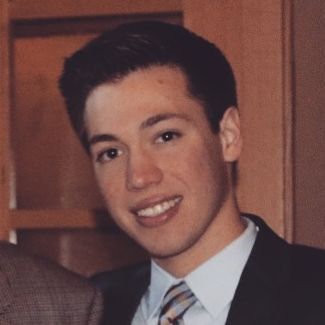
Medical Student
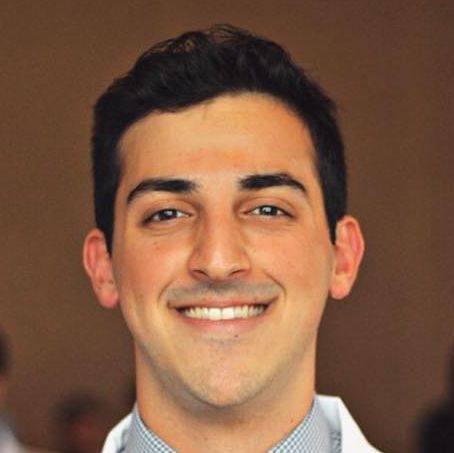
Medical Student
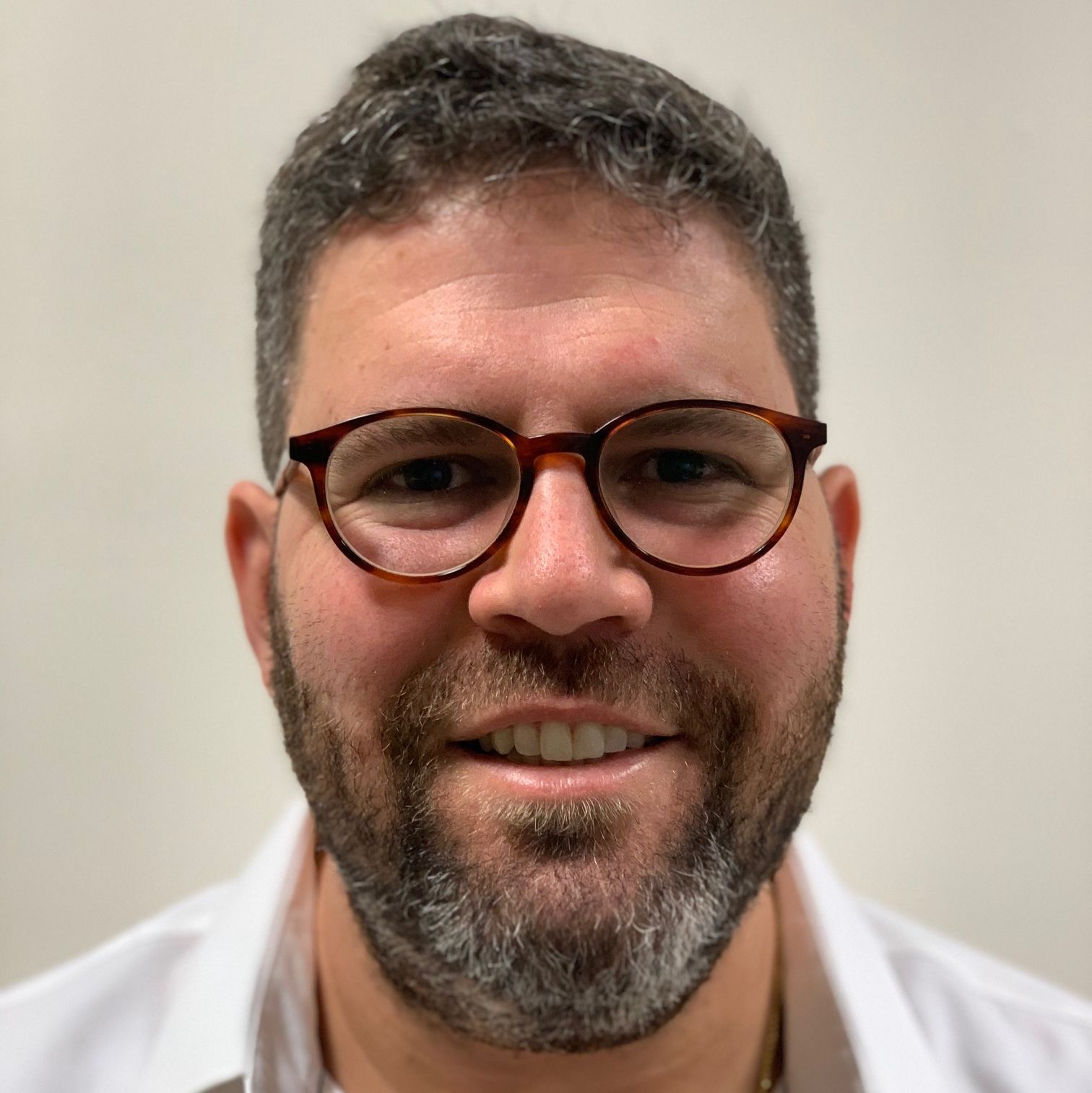
Fellow, Functional and Stereotactic Neurosurgery
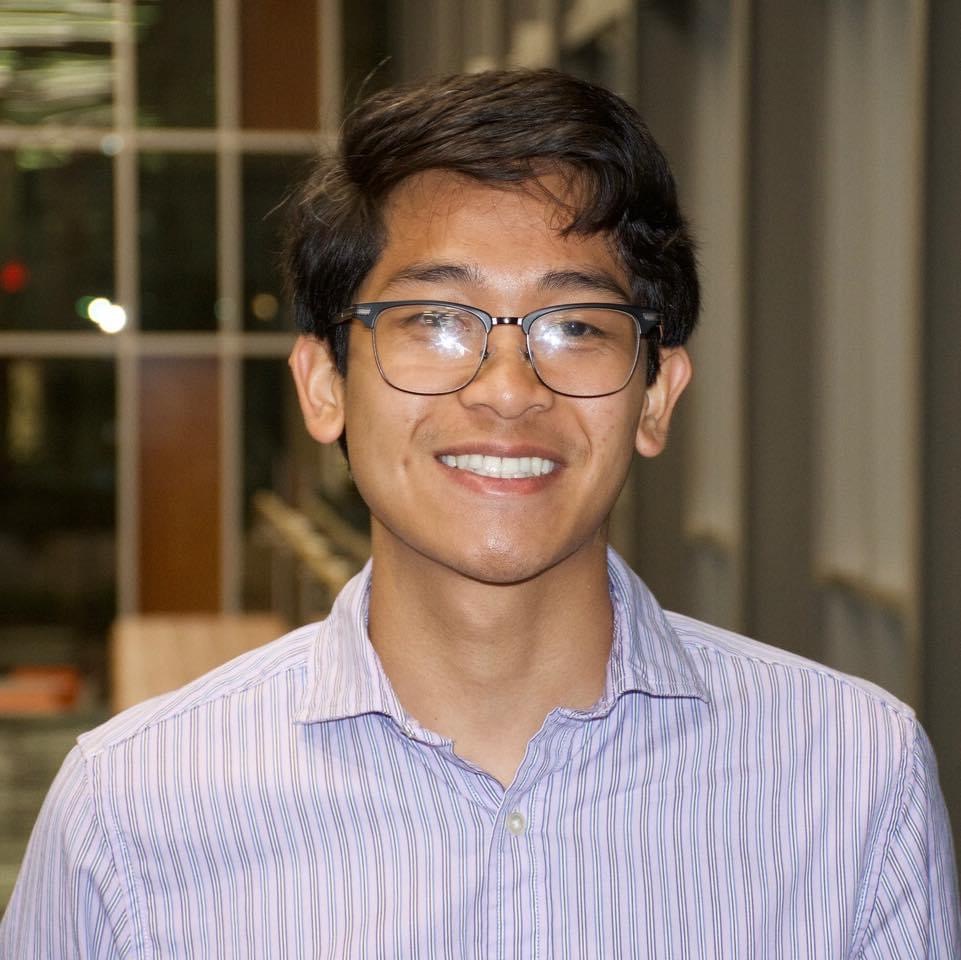
Medical Student
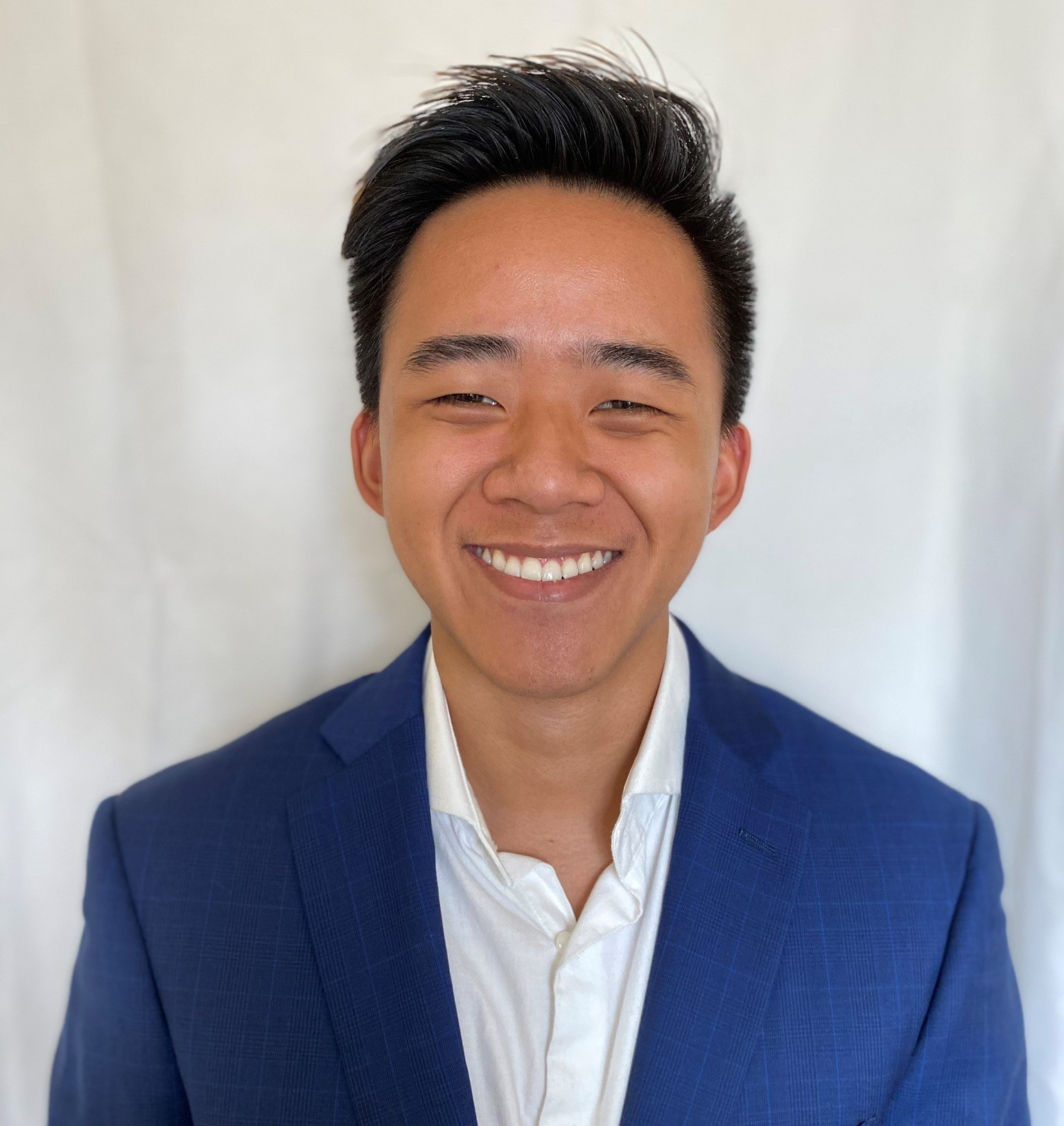
Medical Student

Former Trial Coordinator

Former Postdoc








